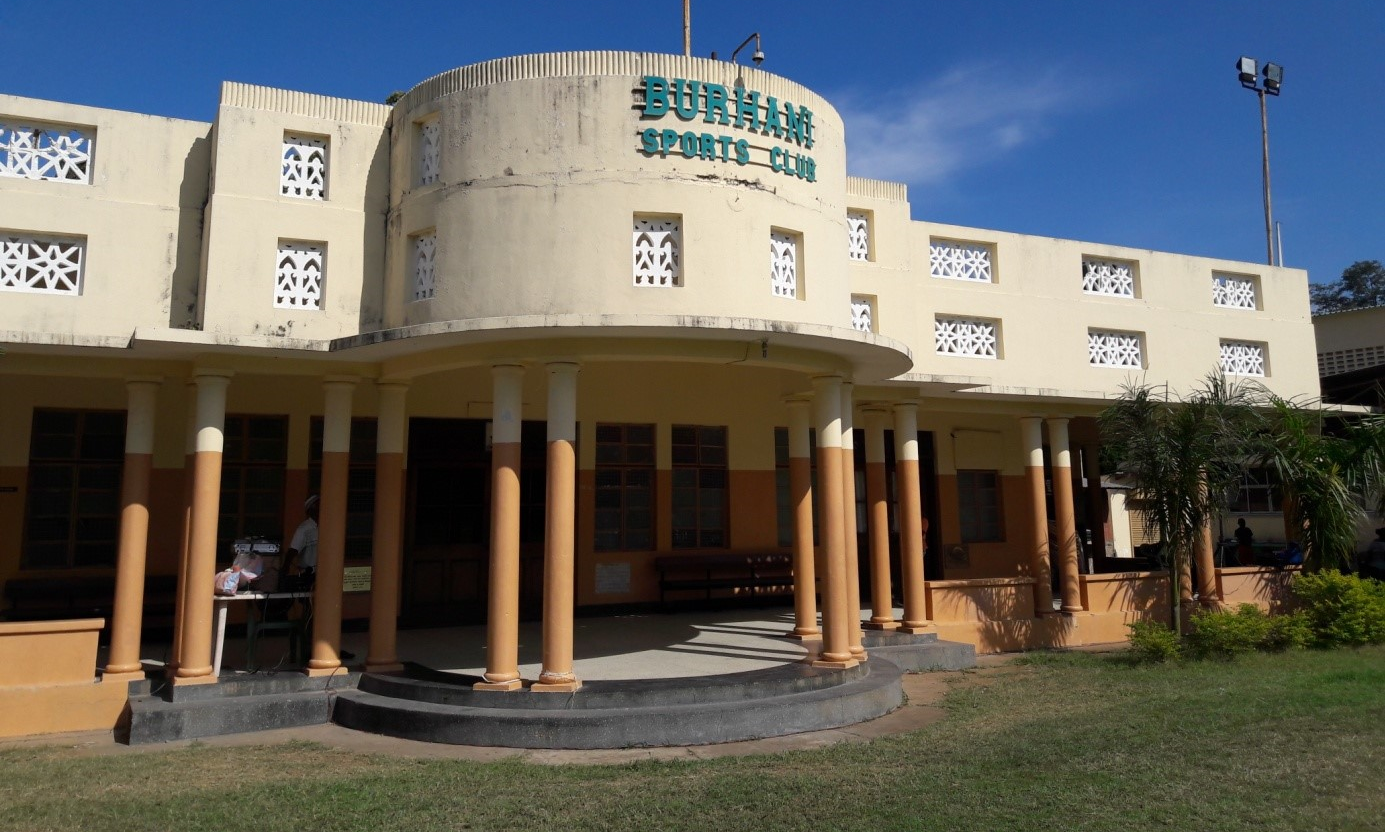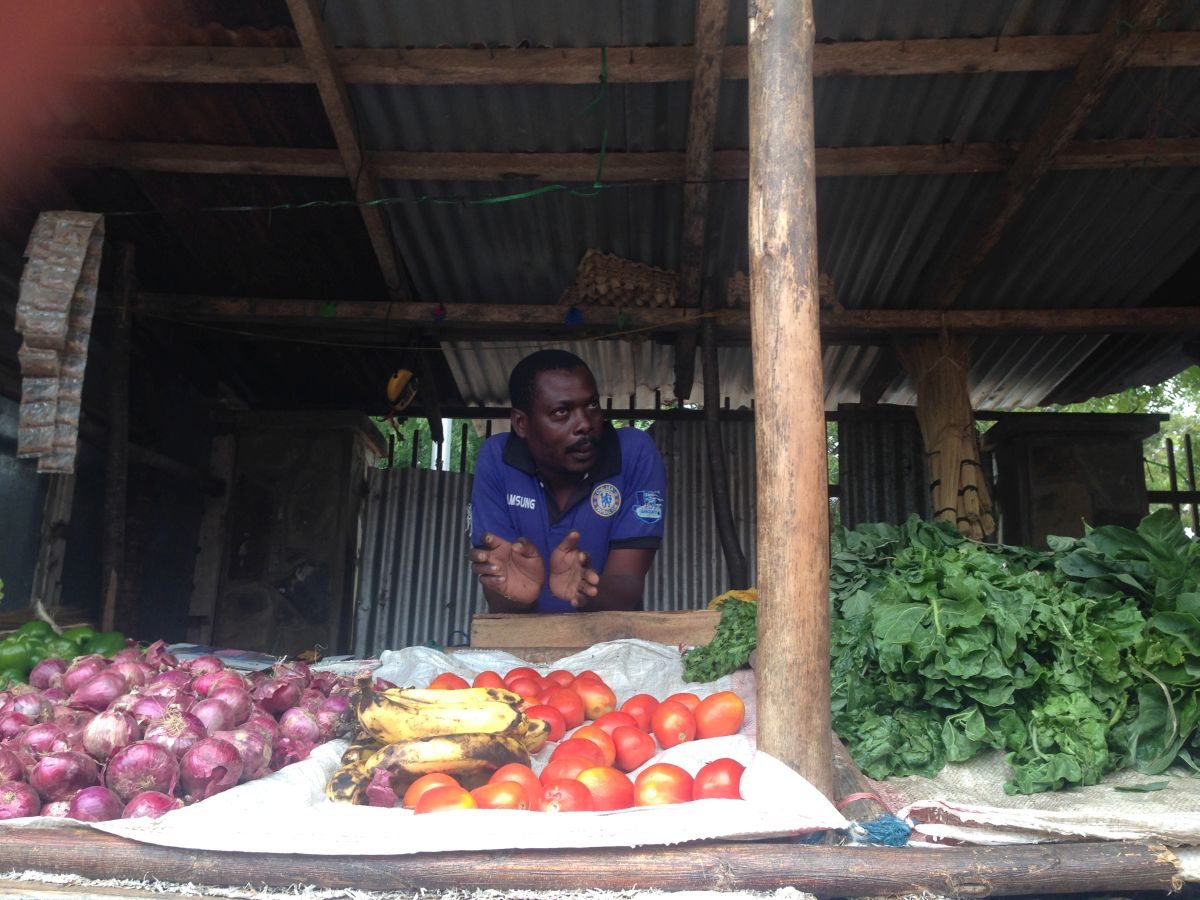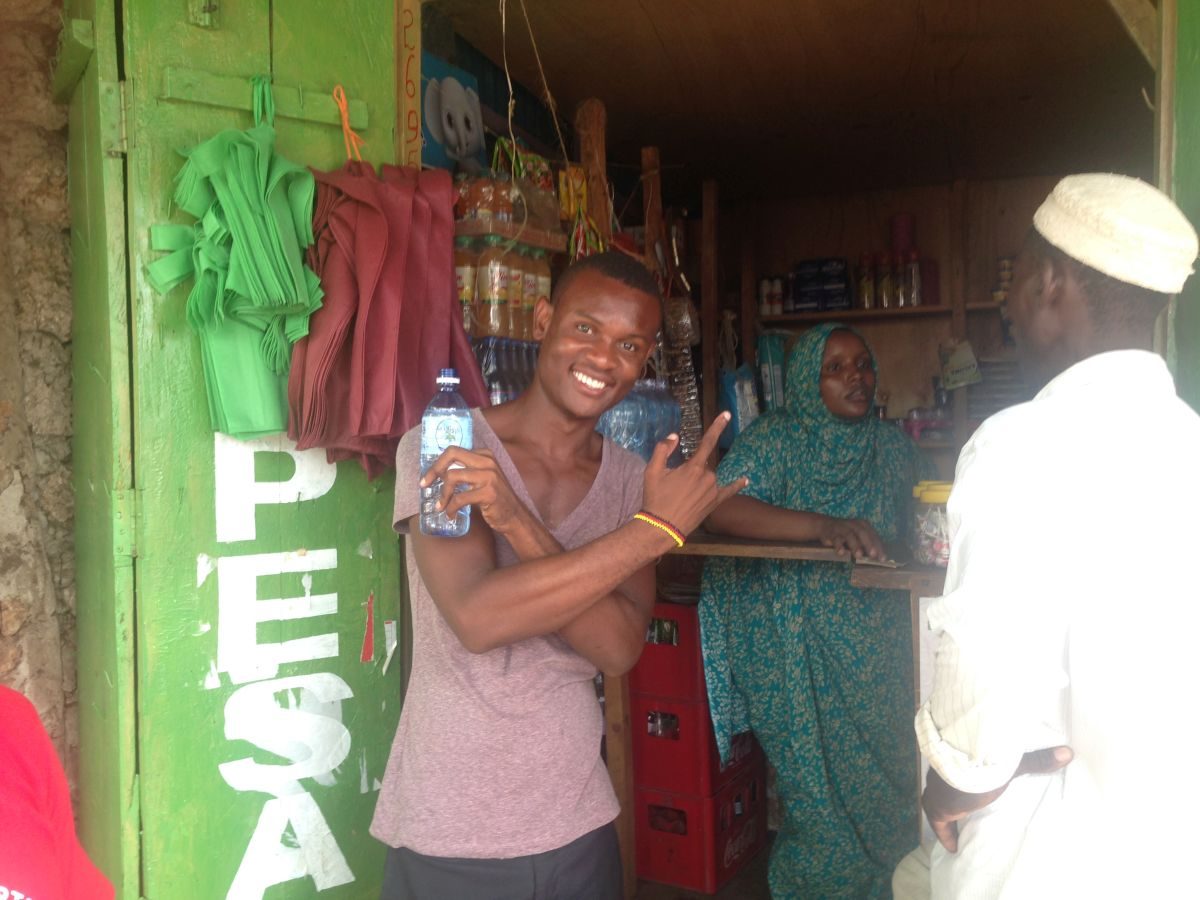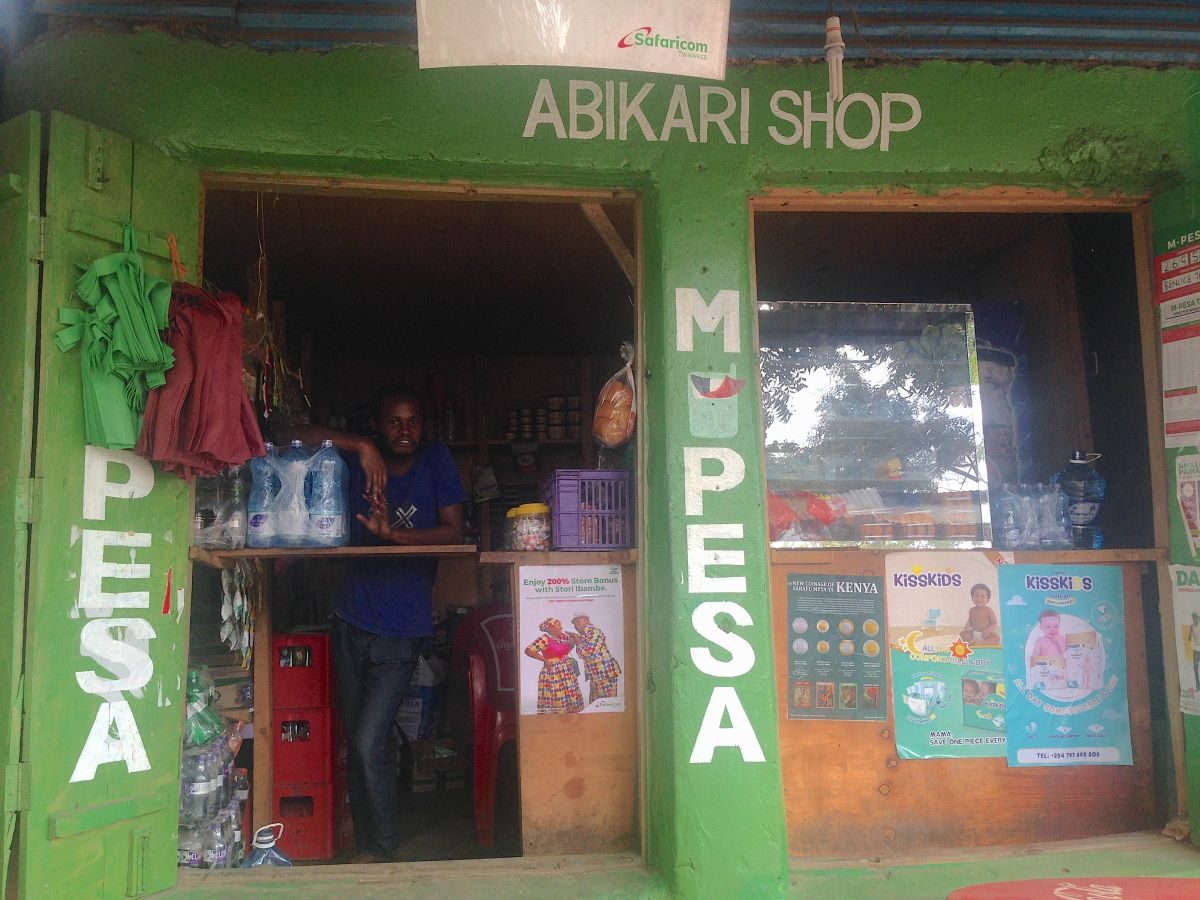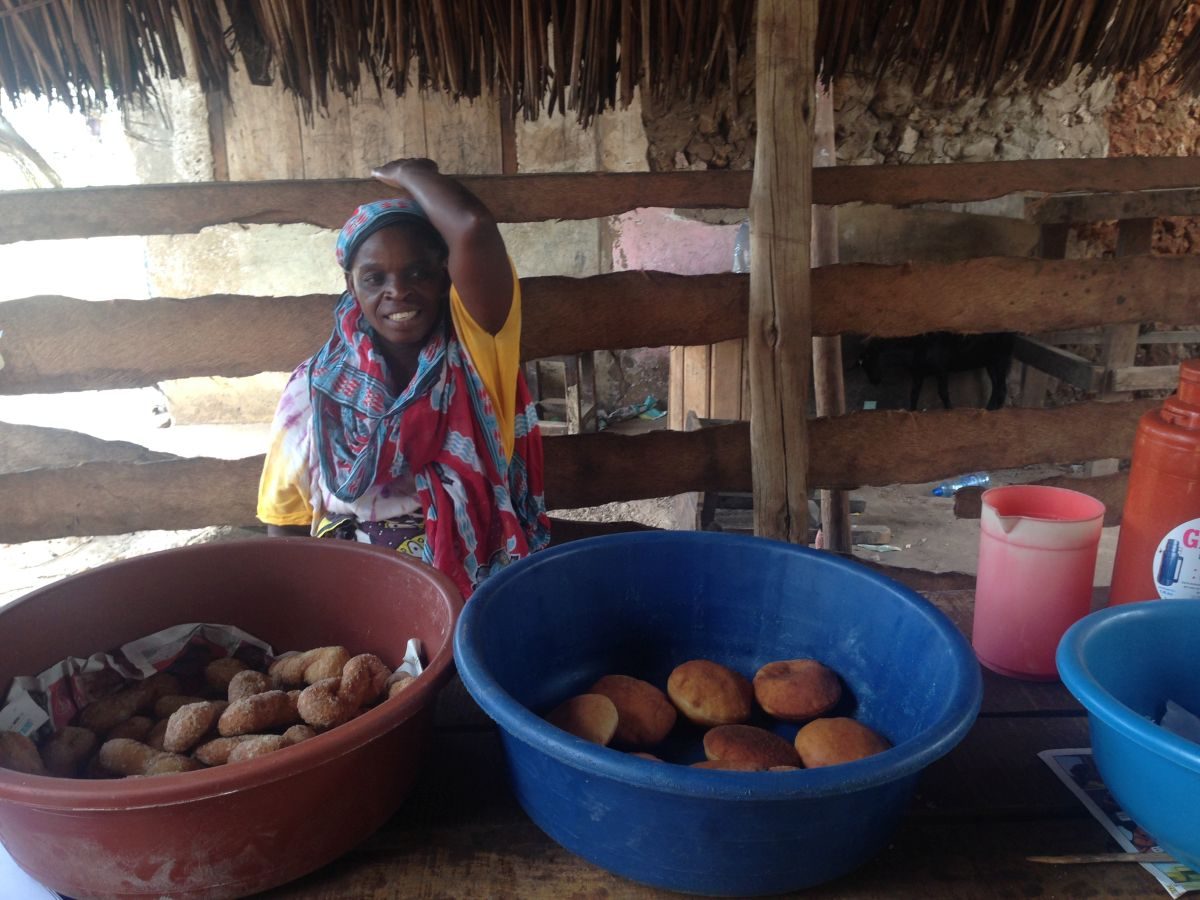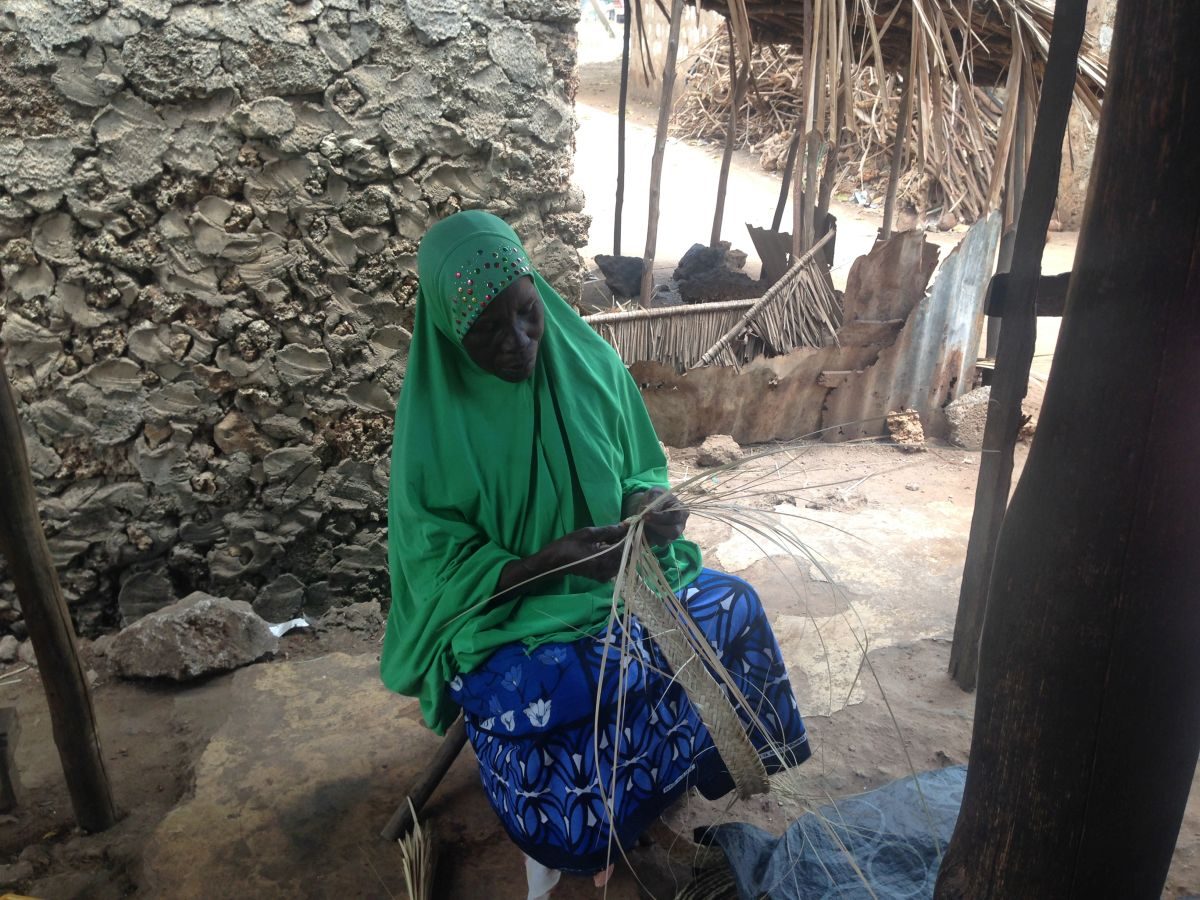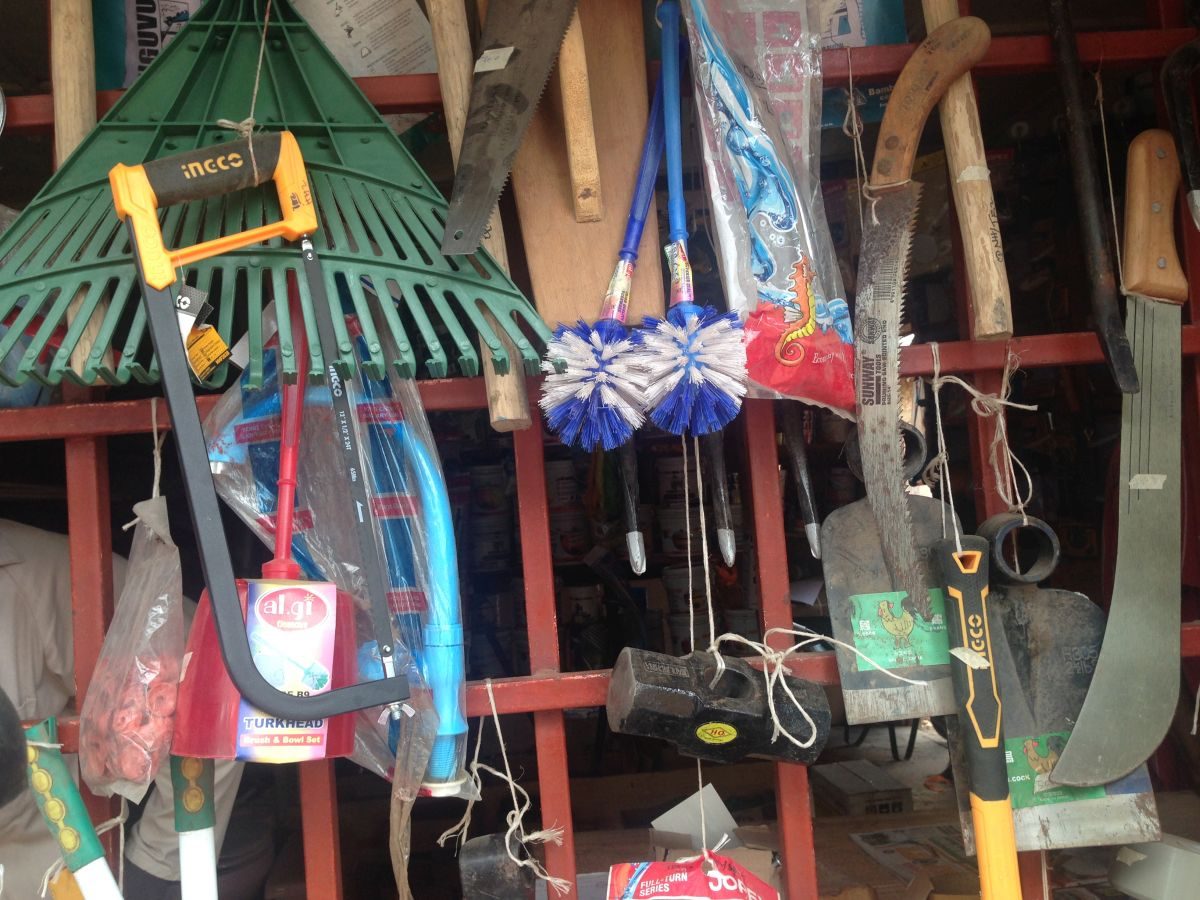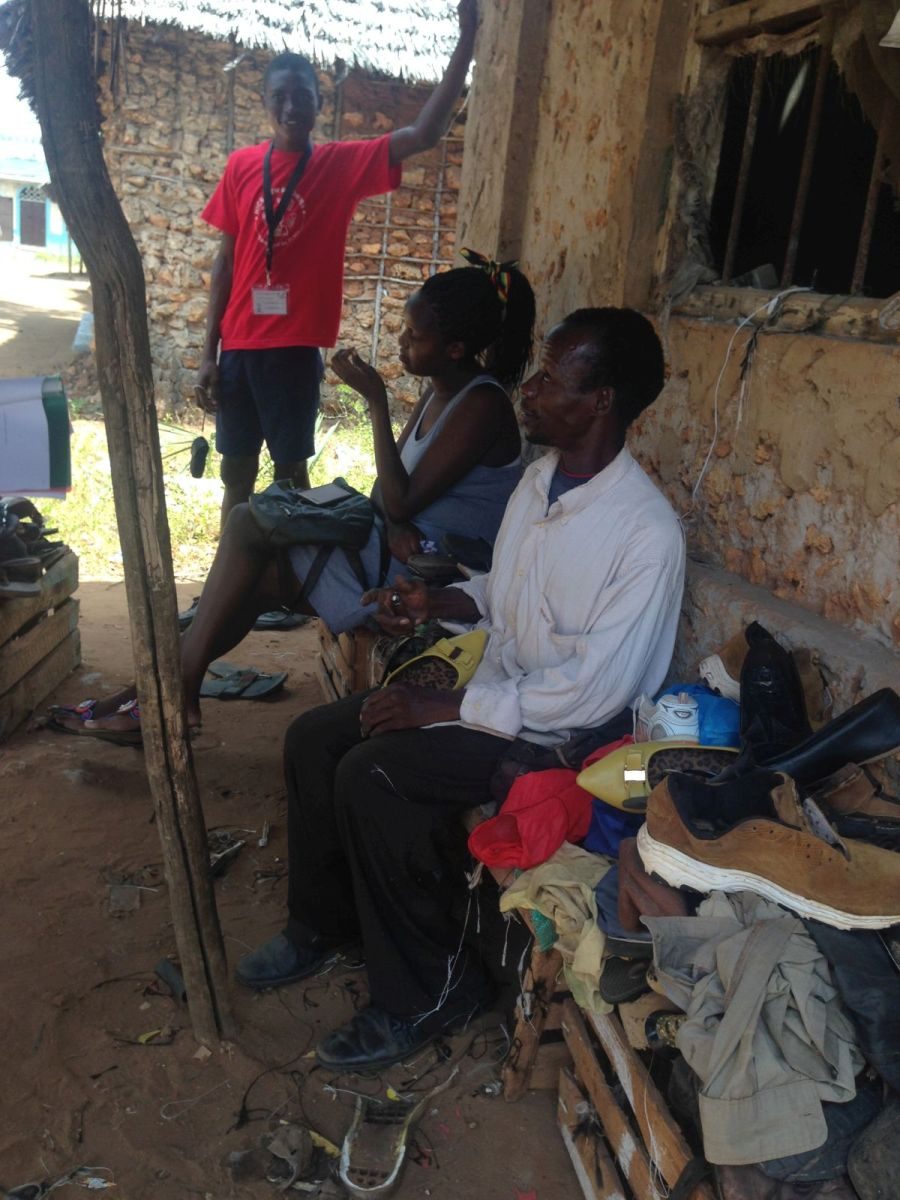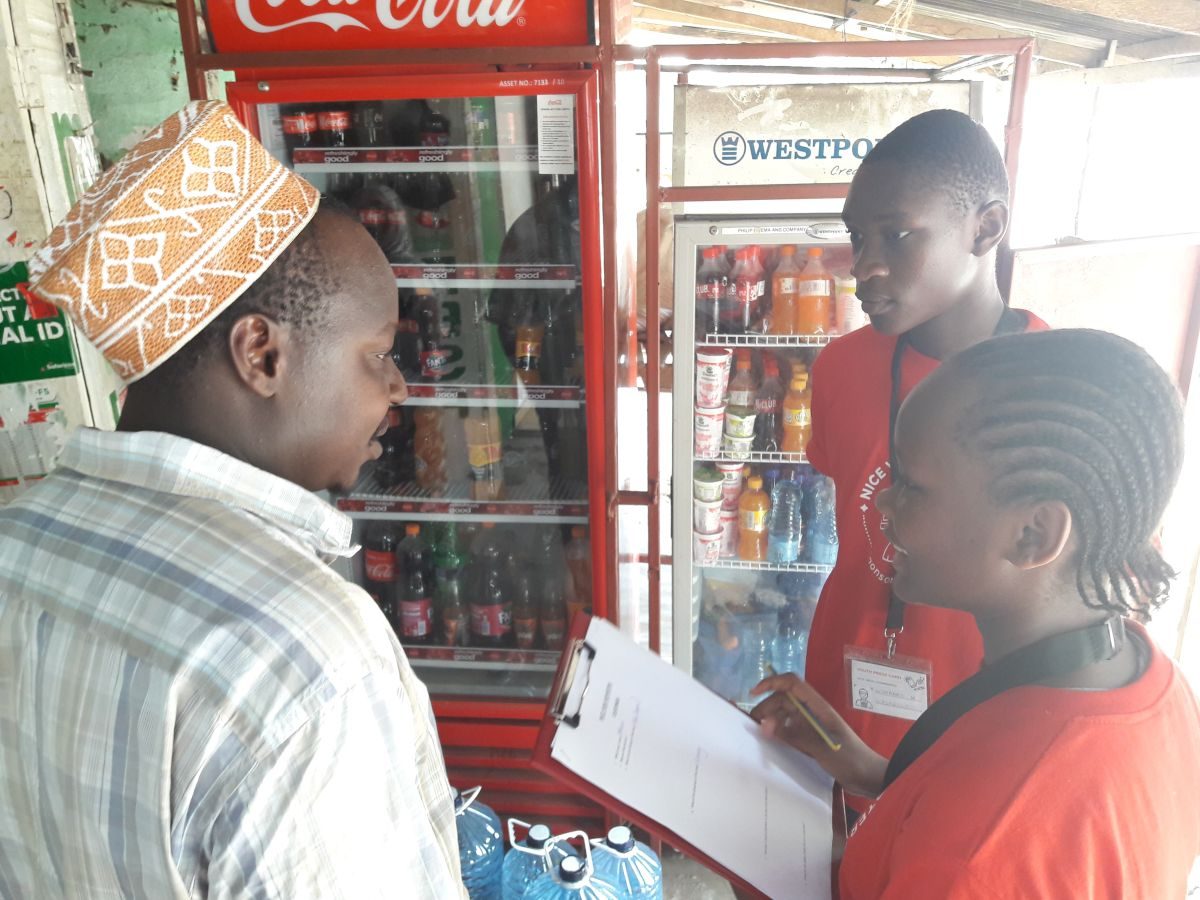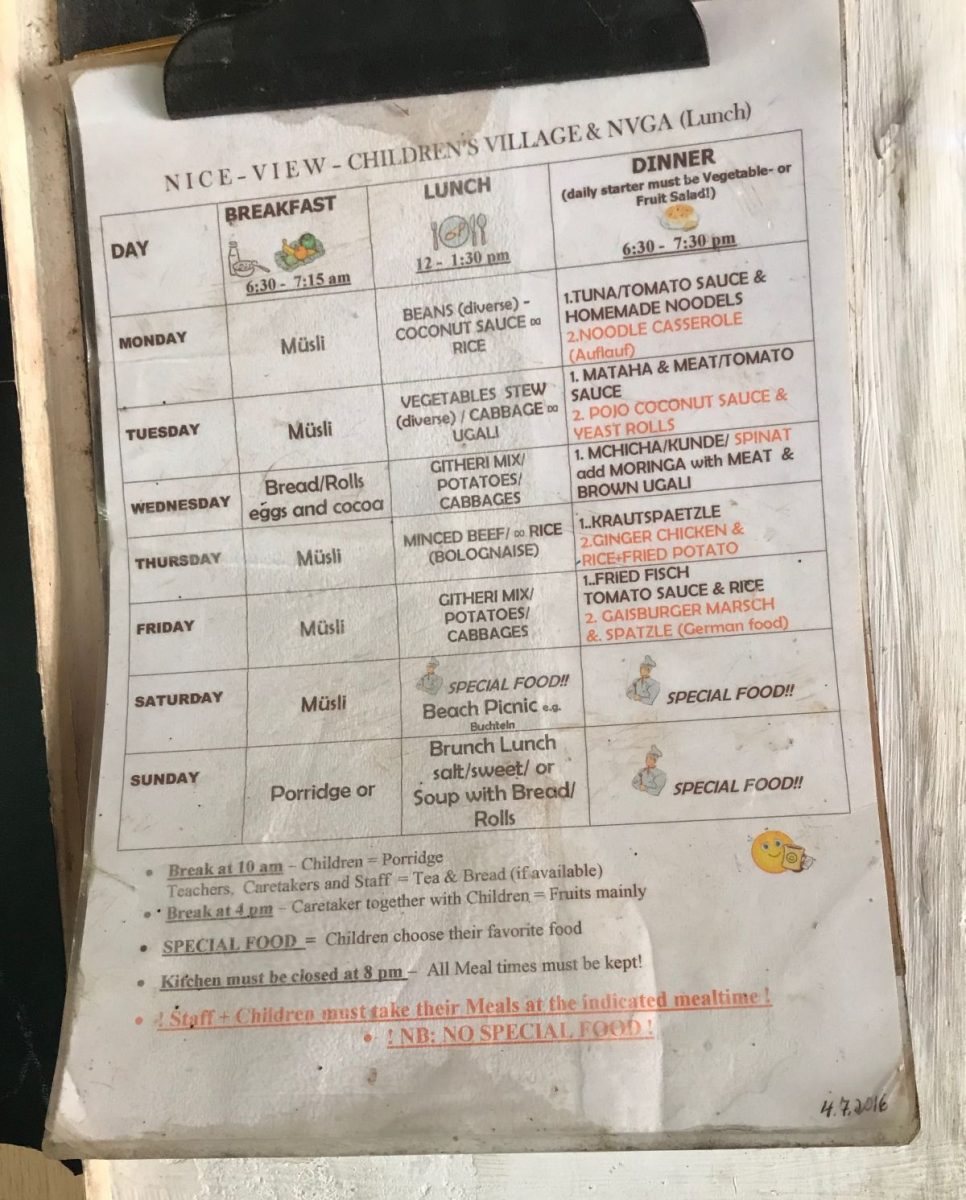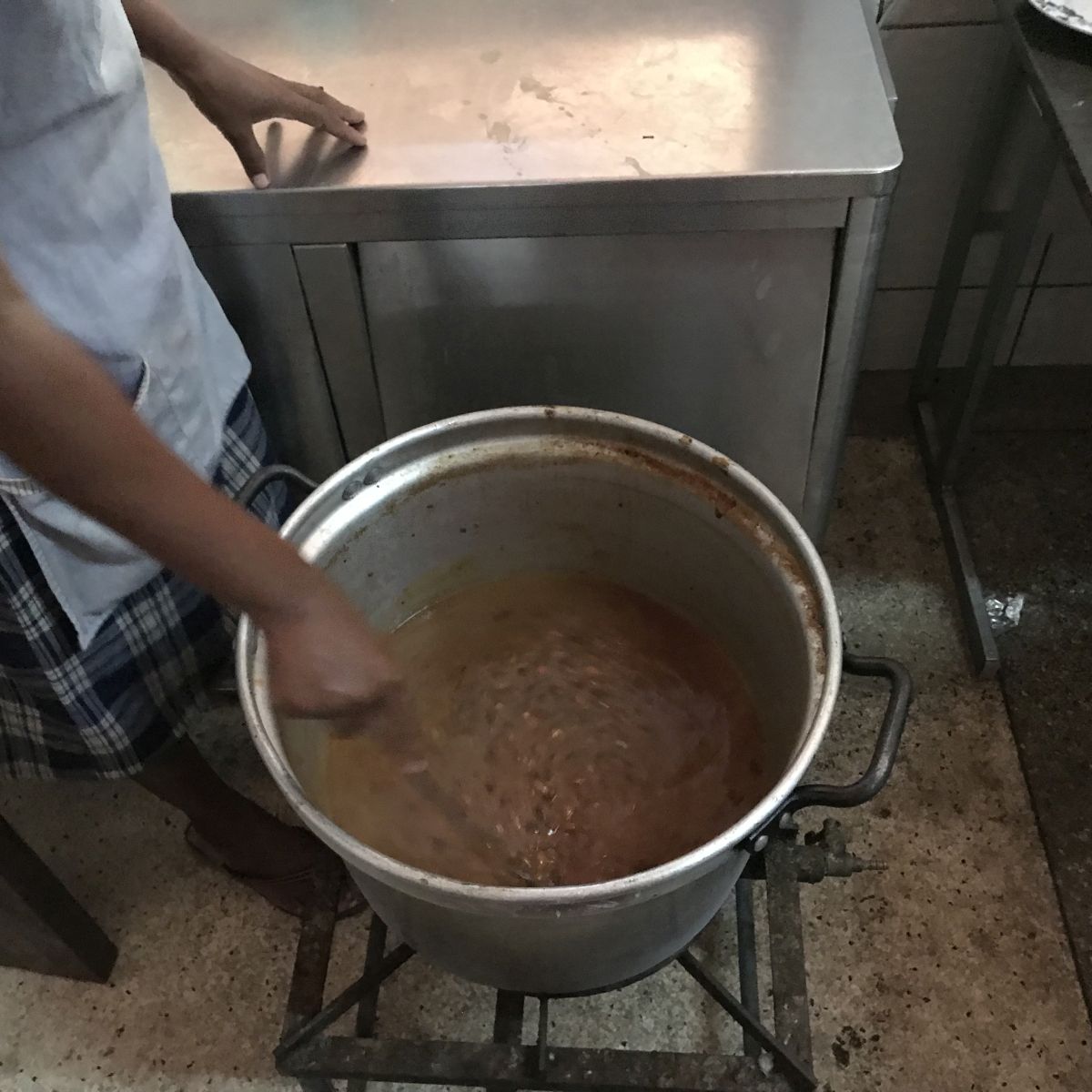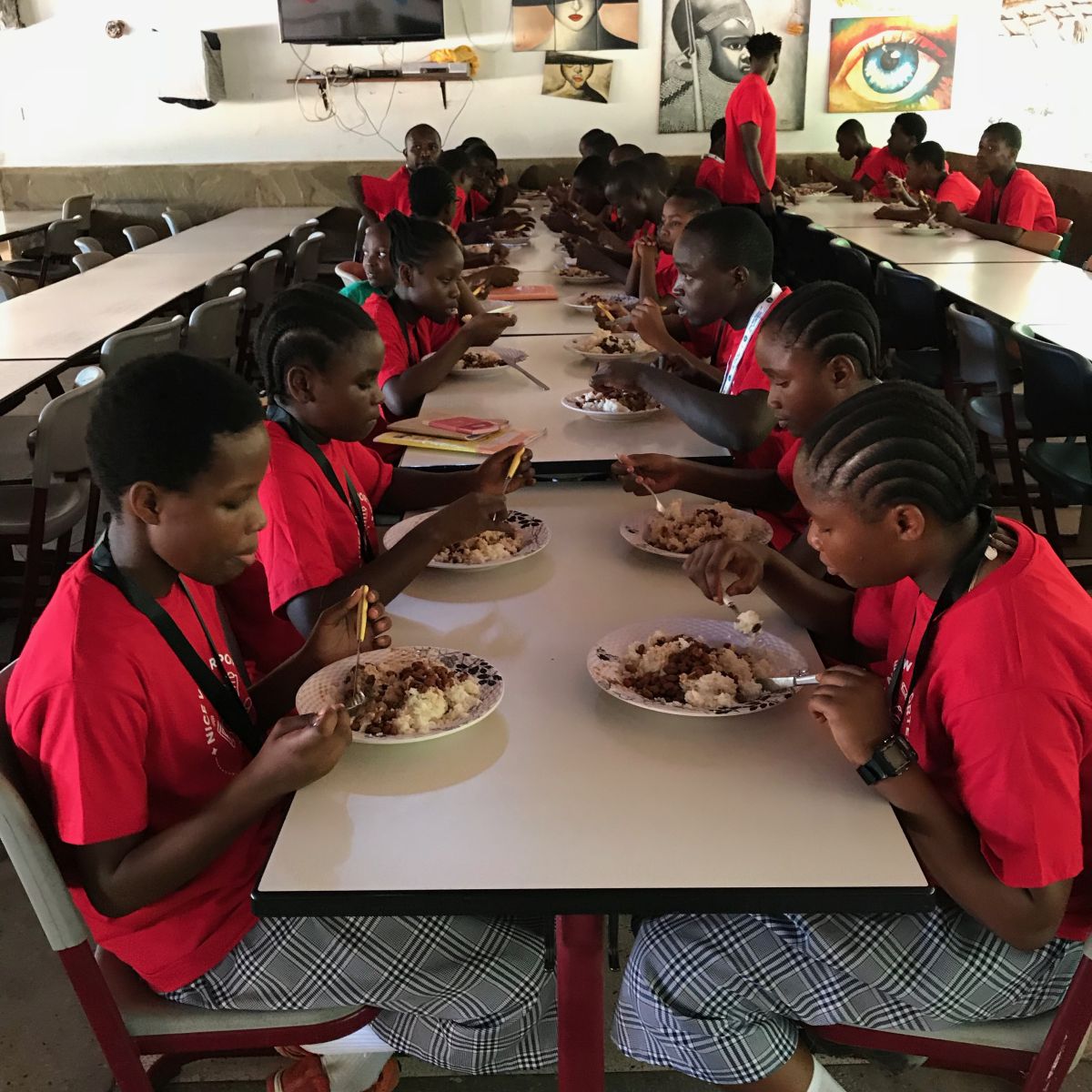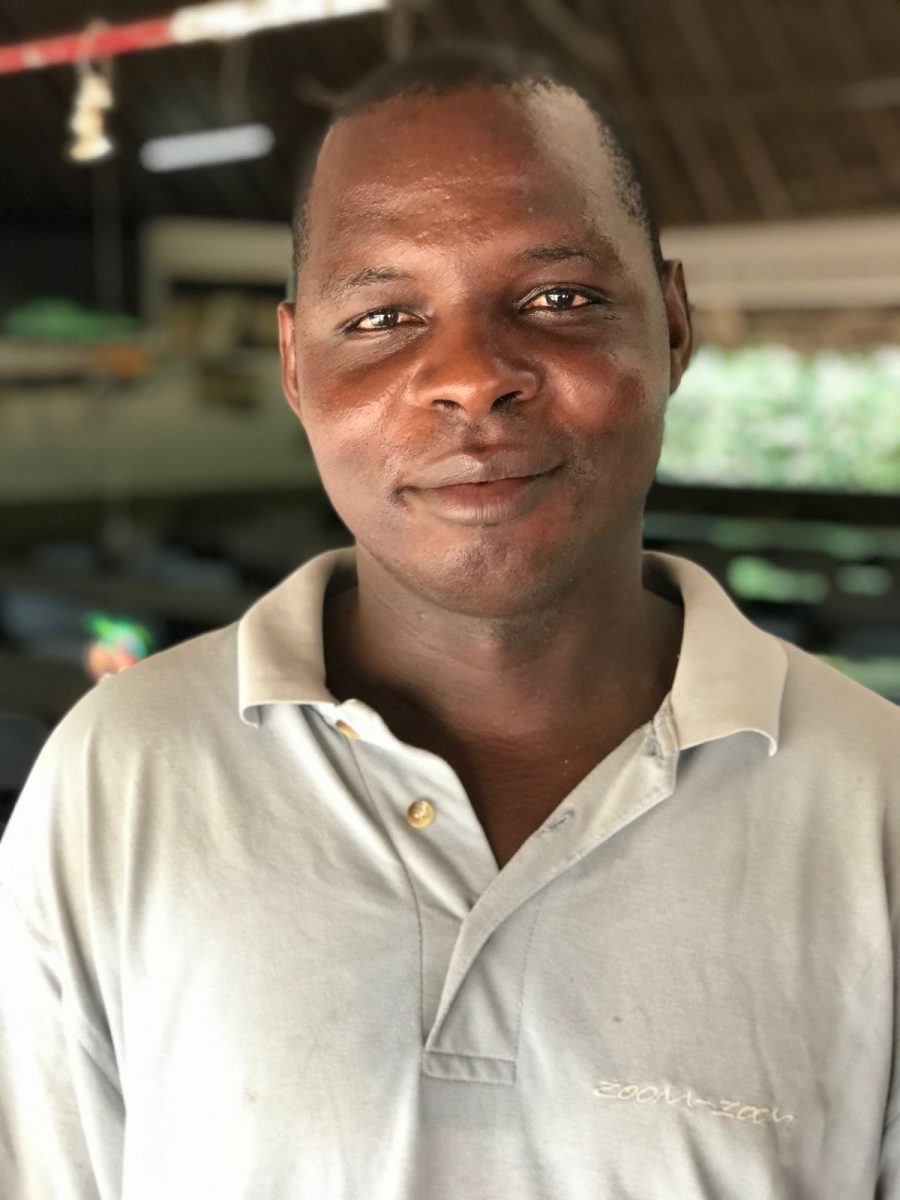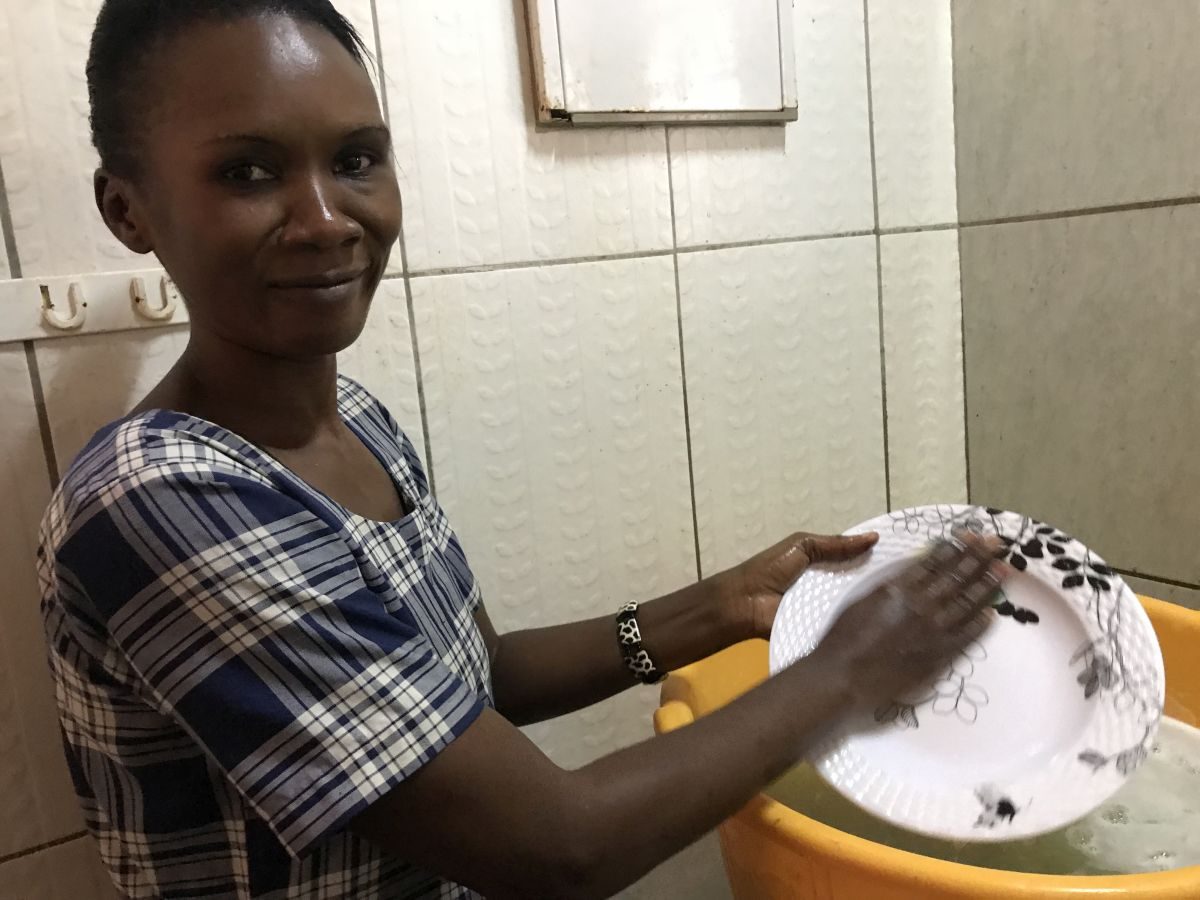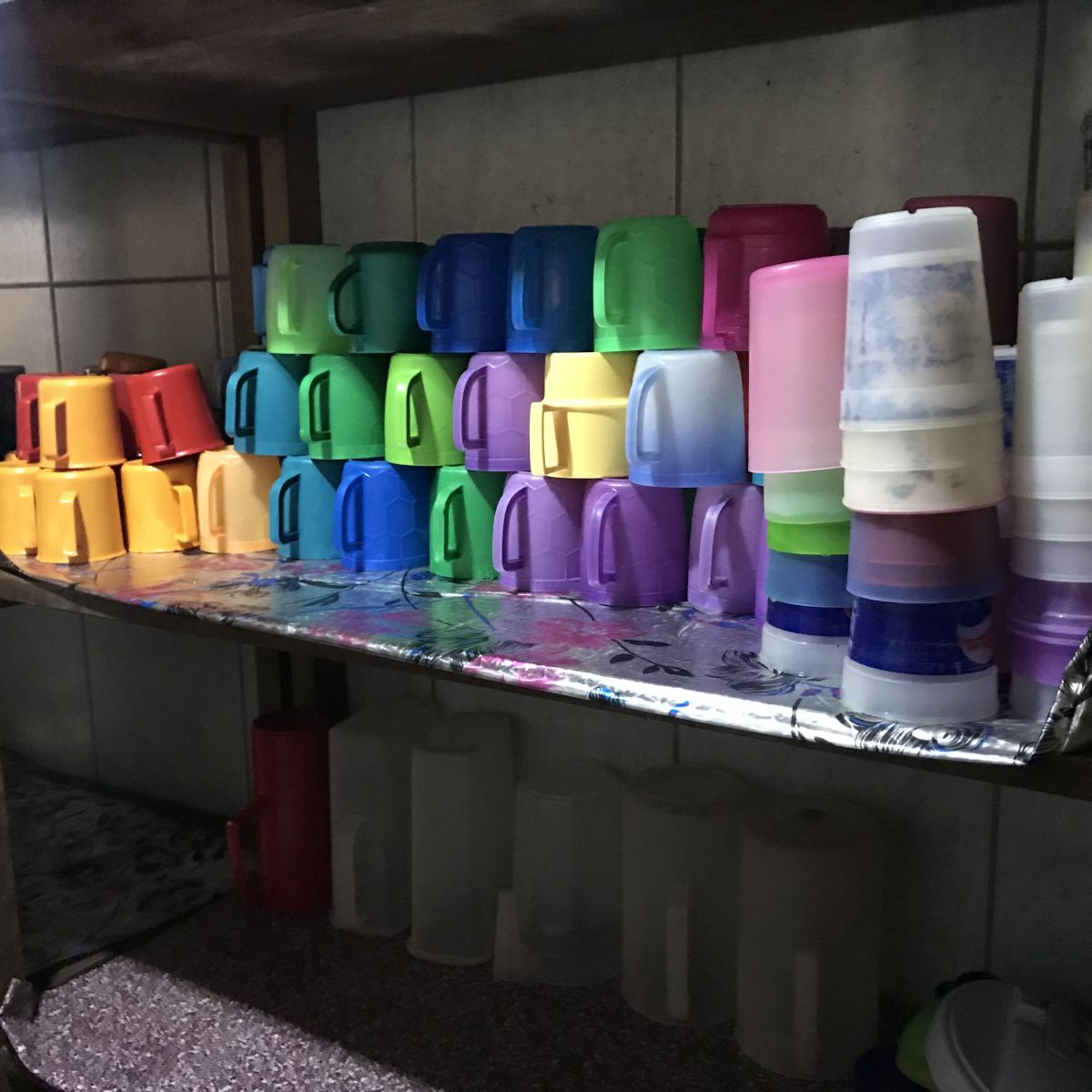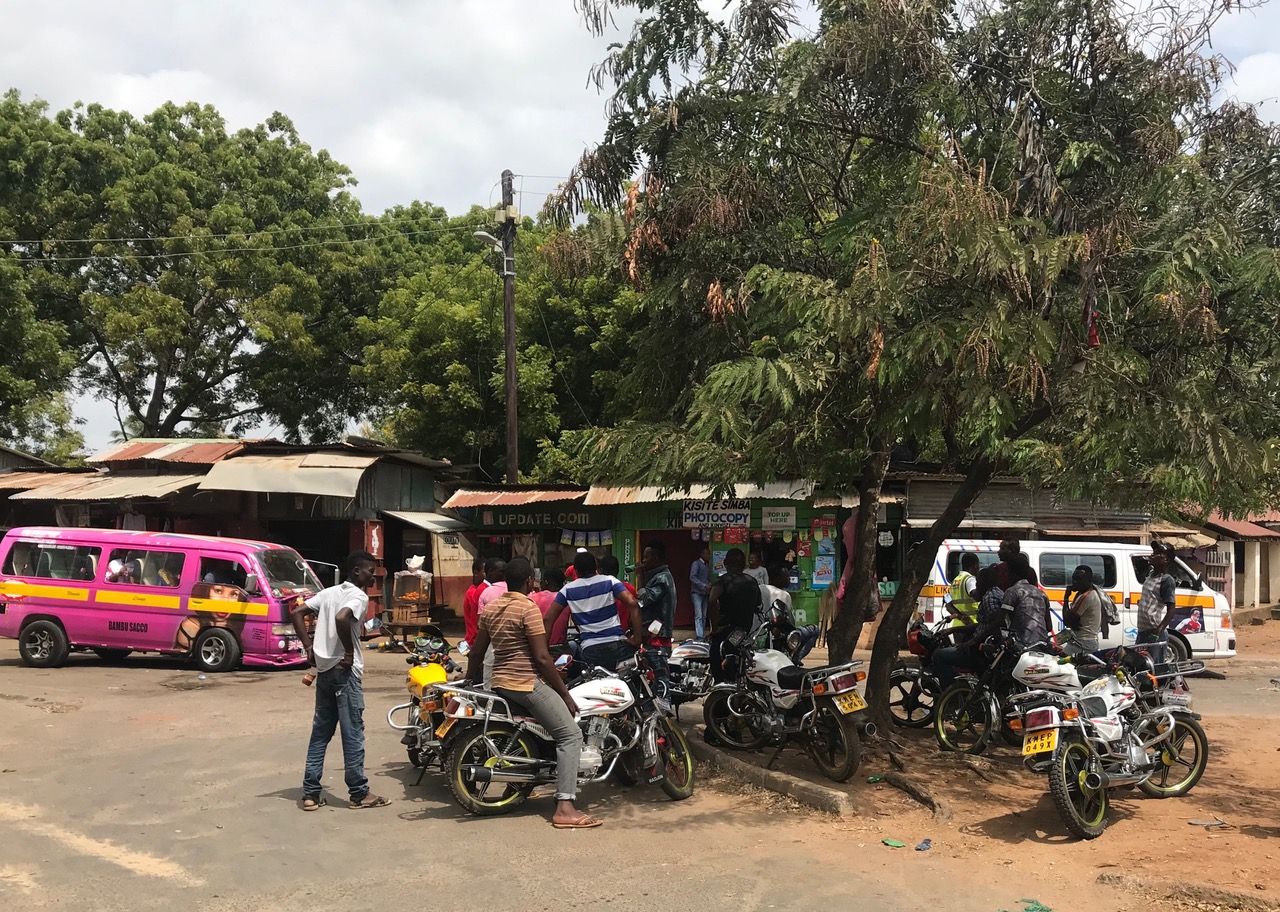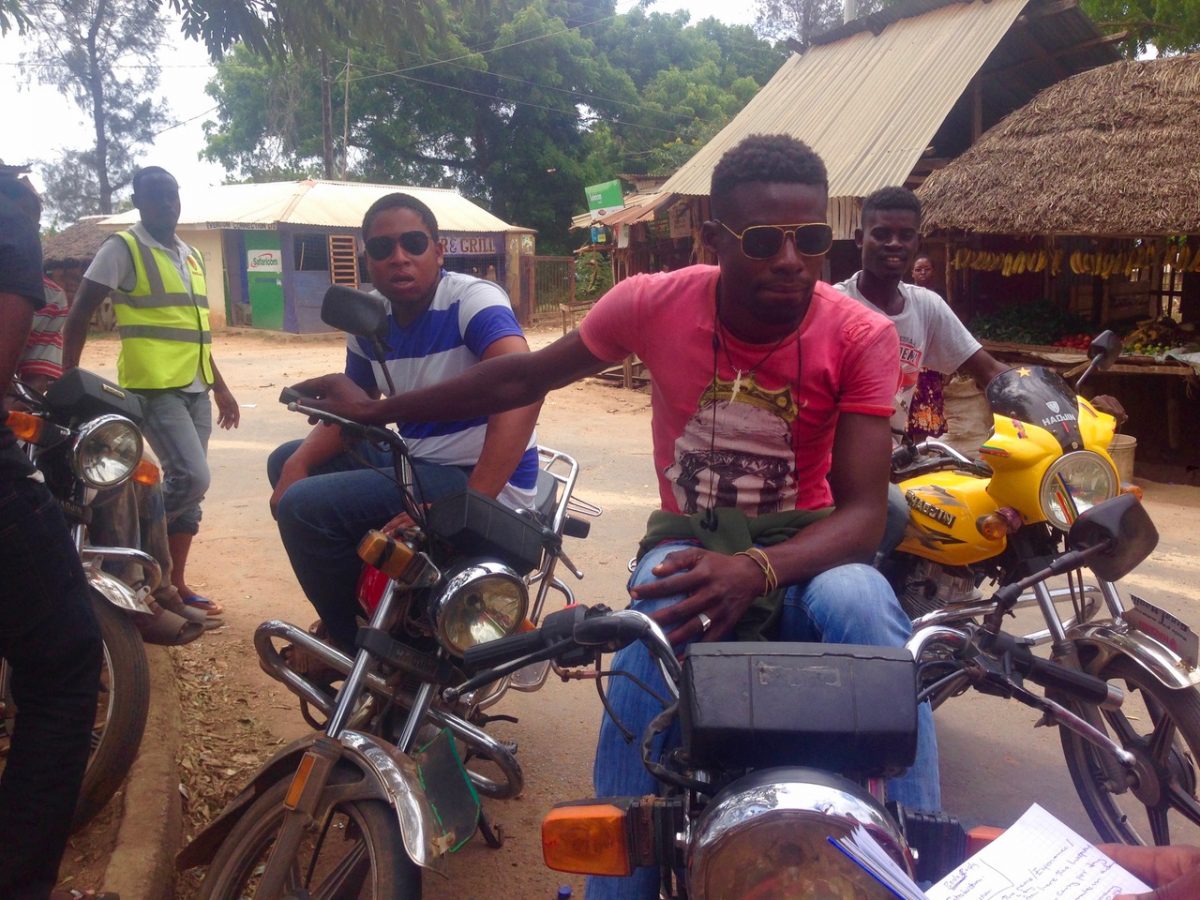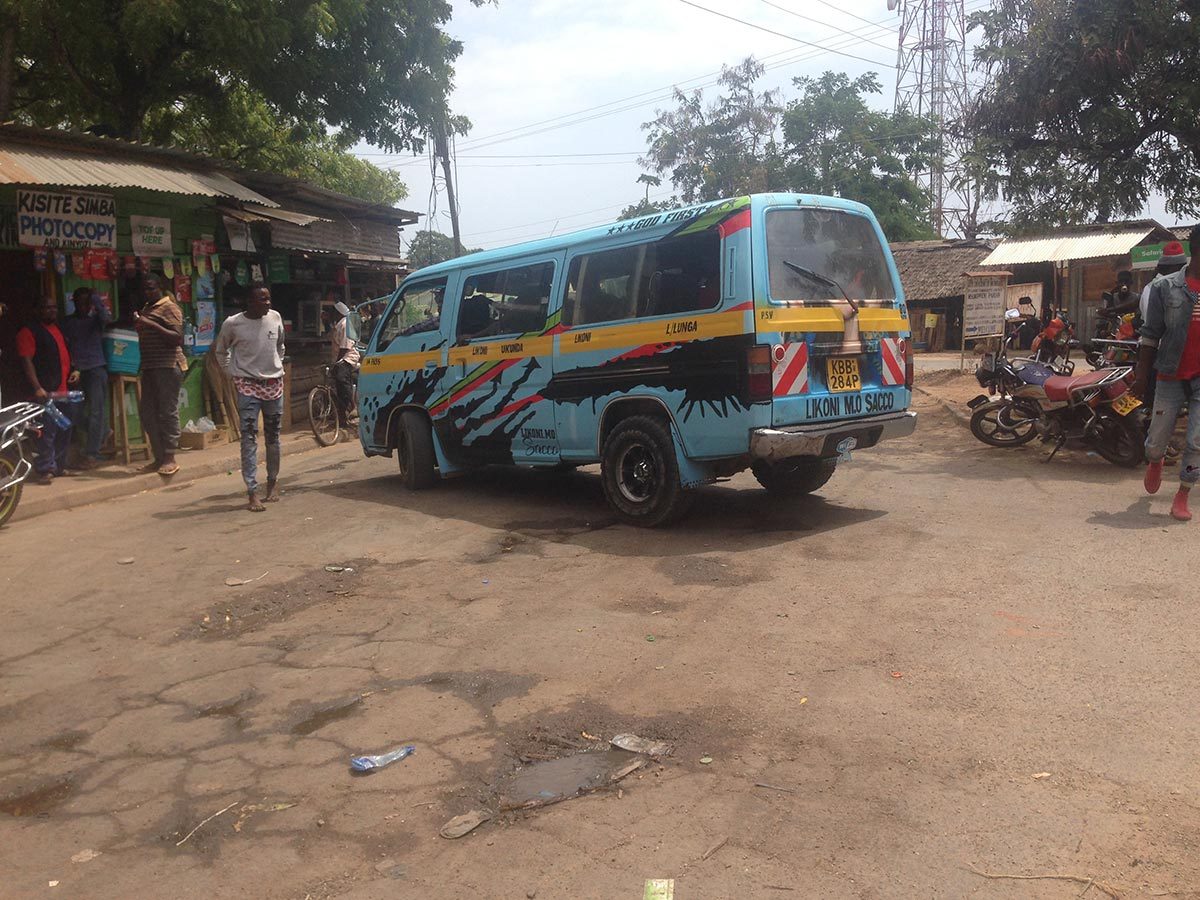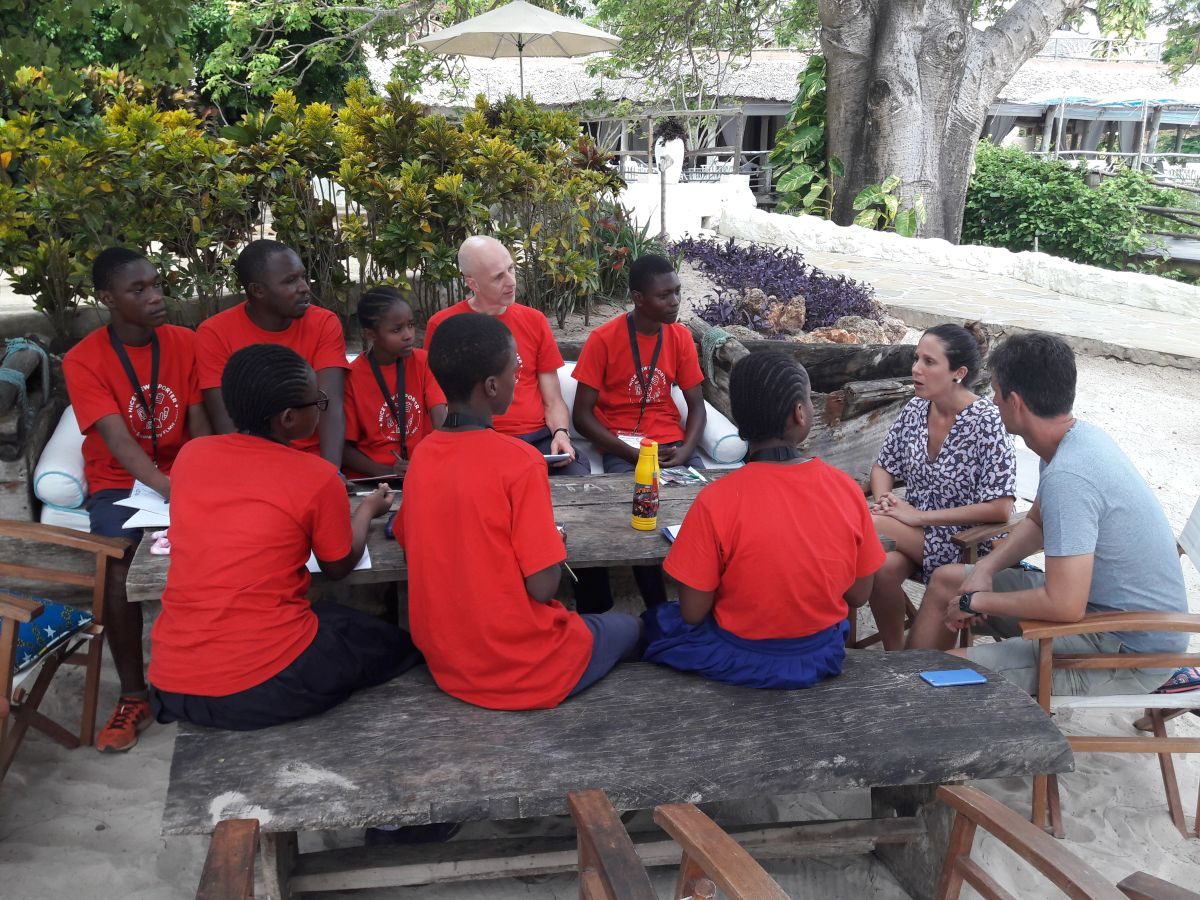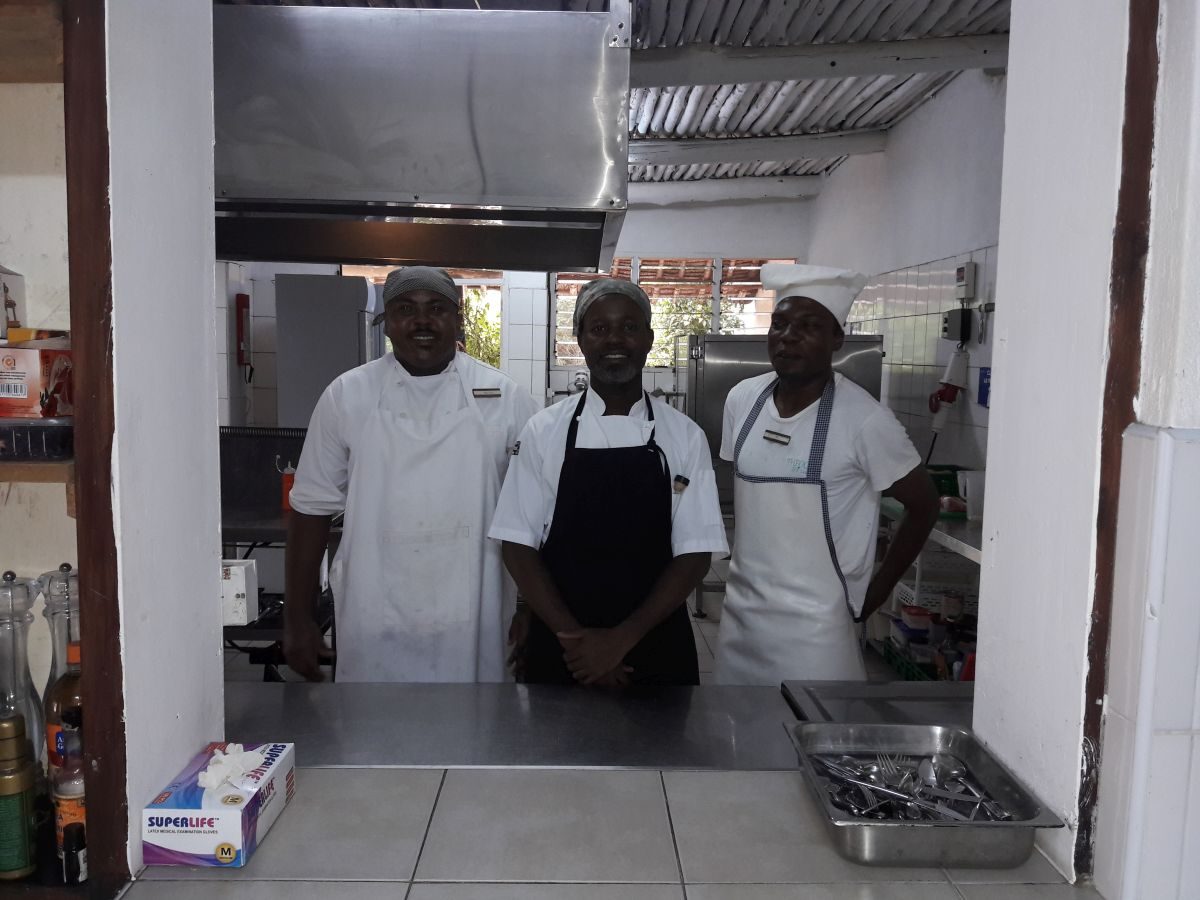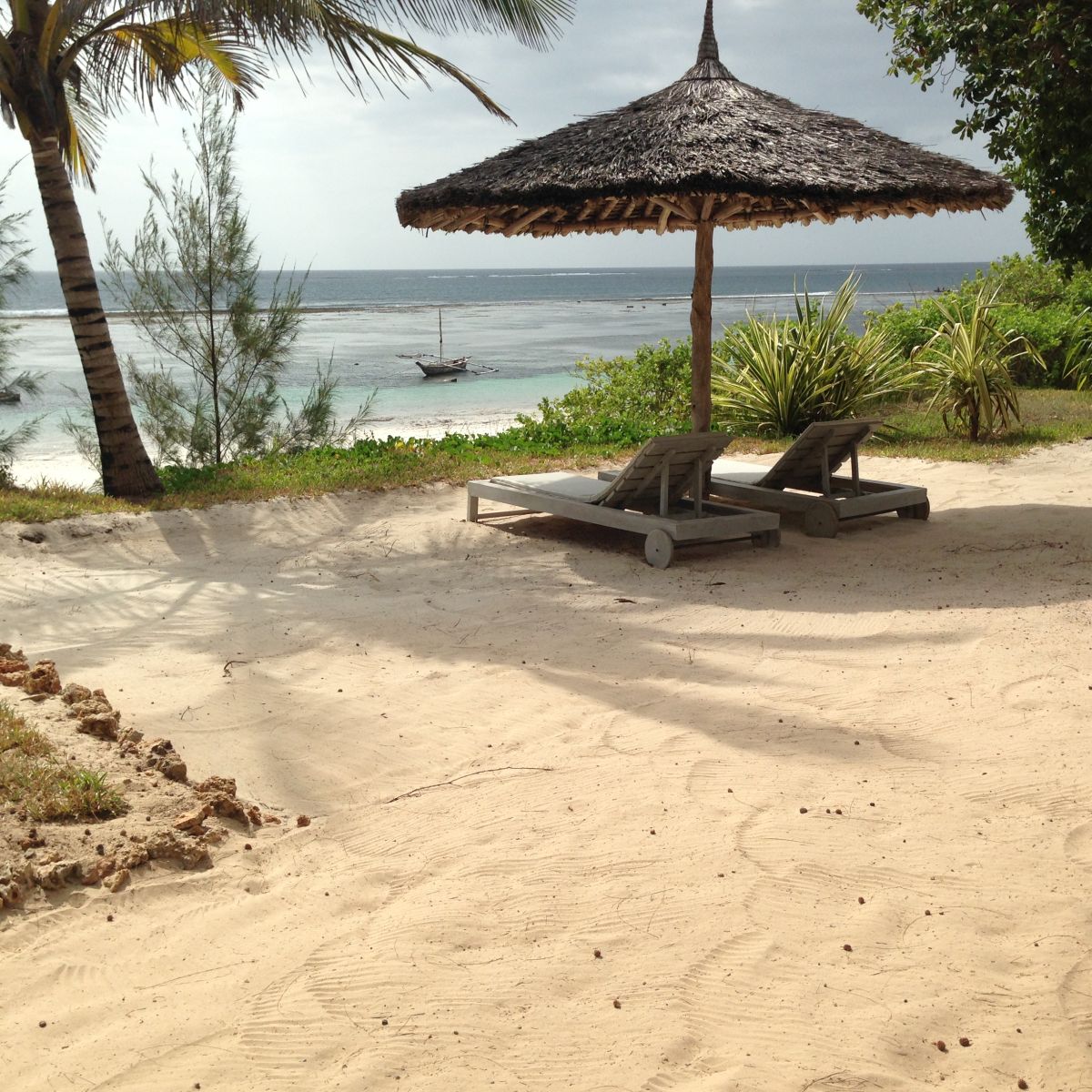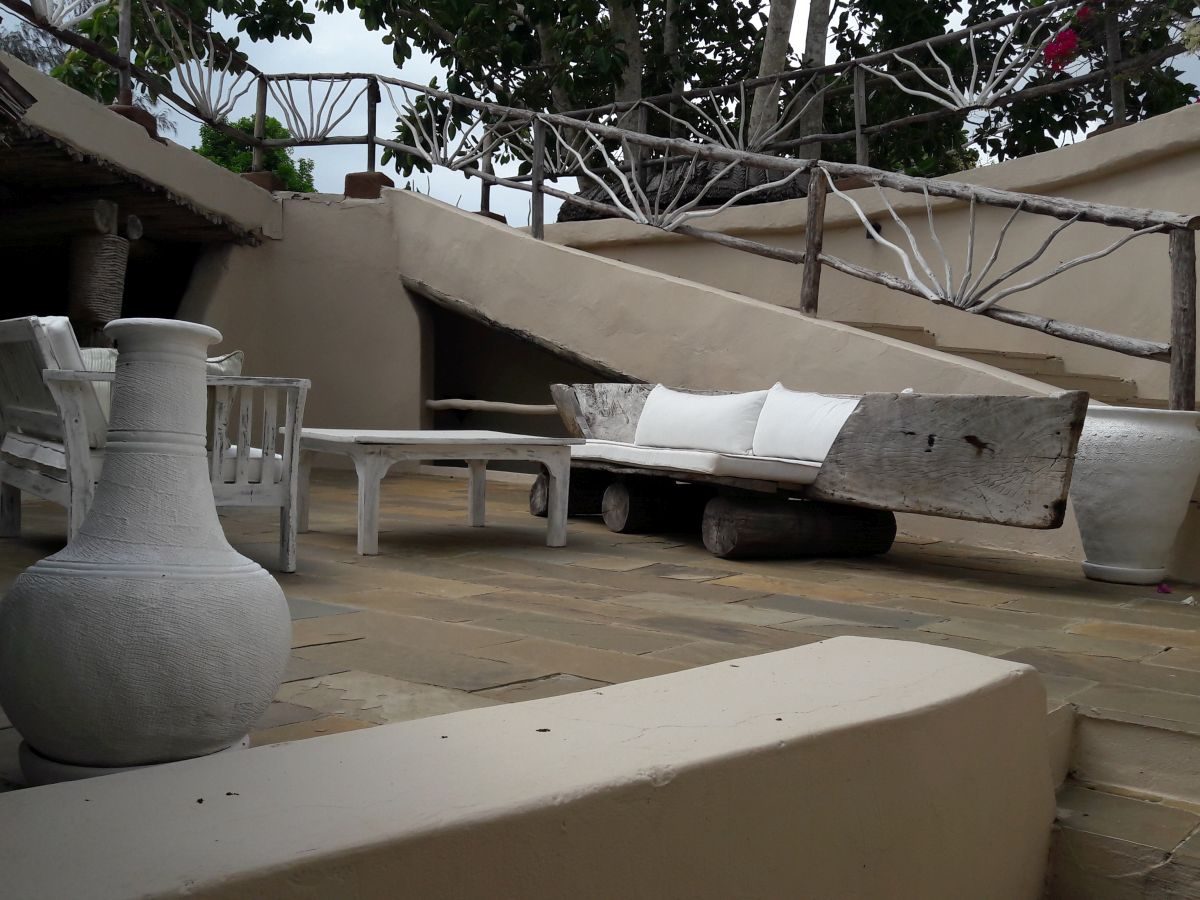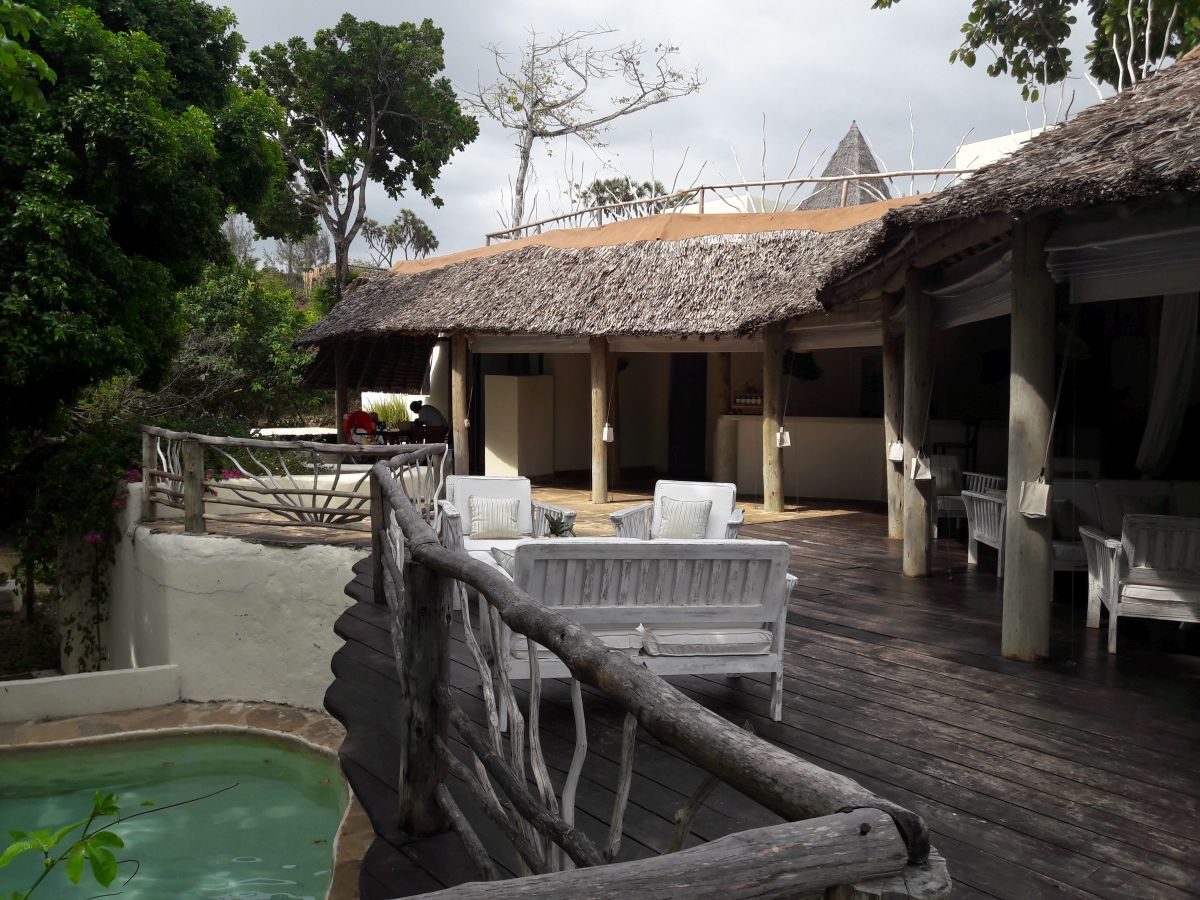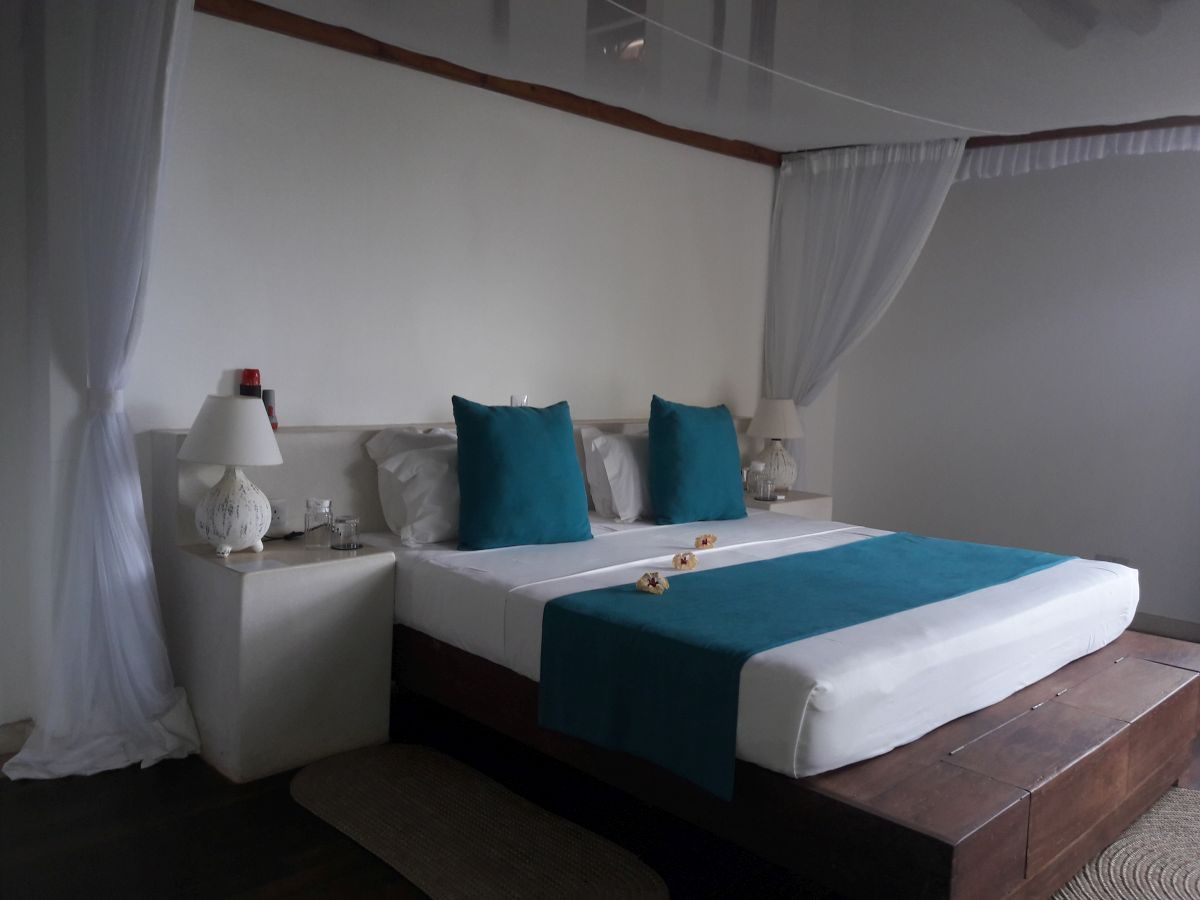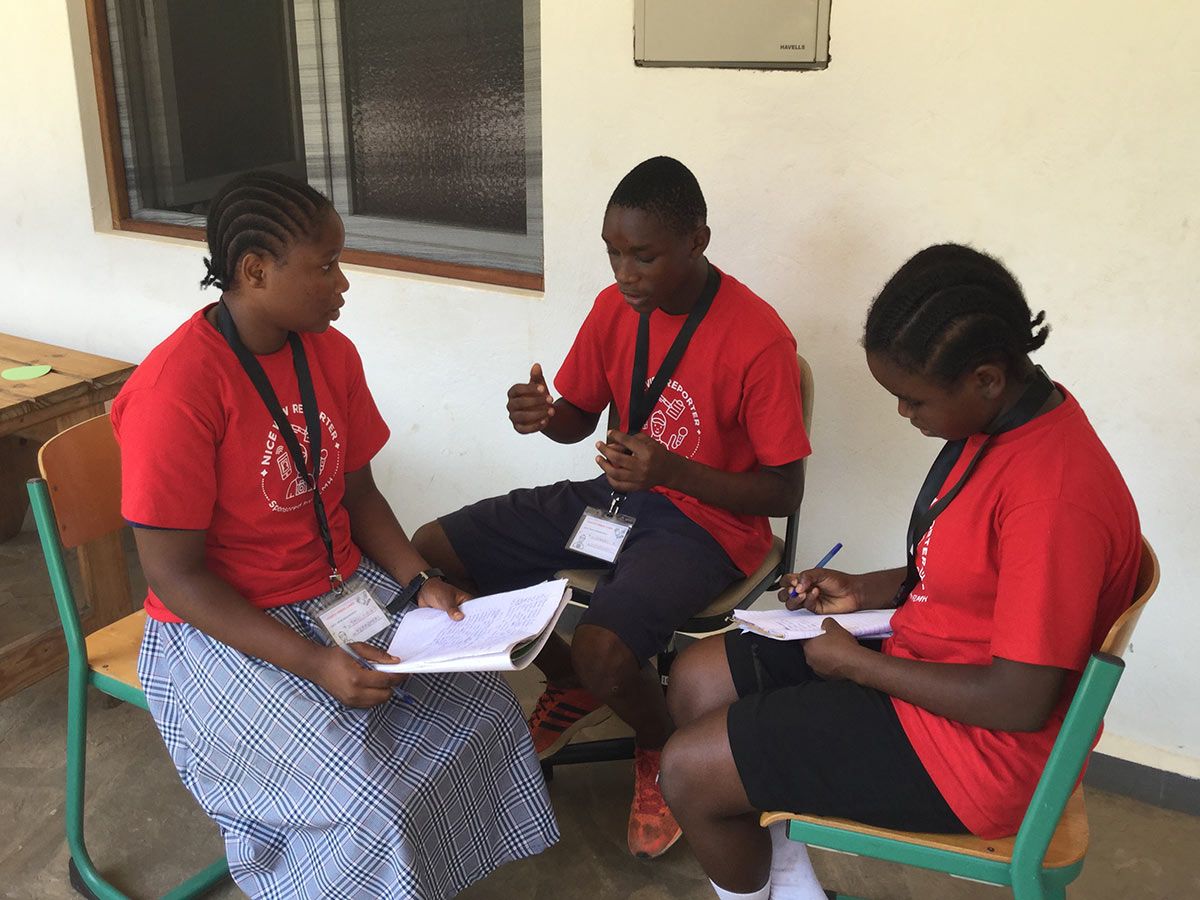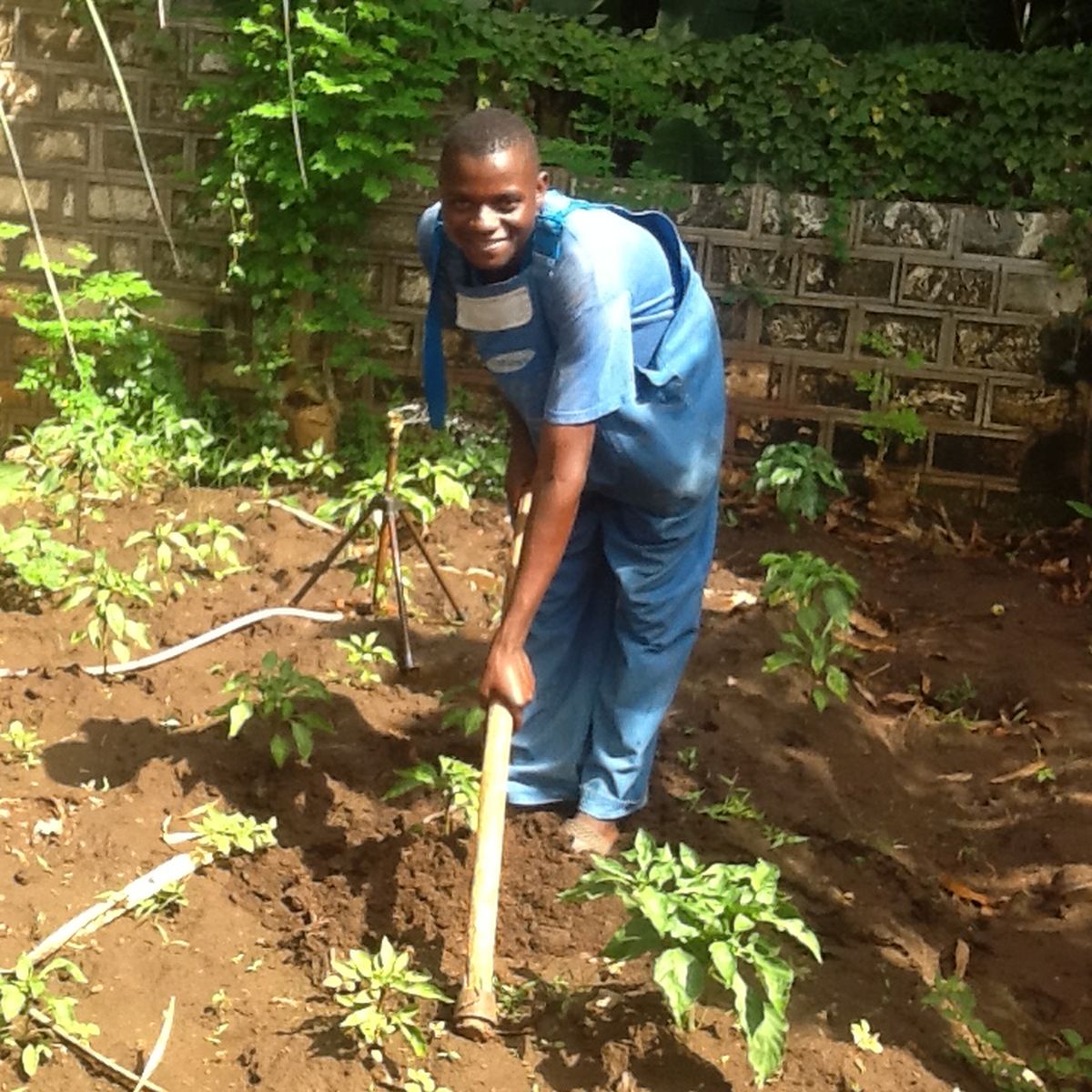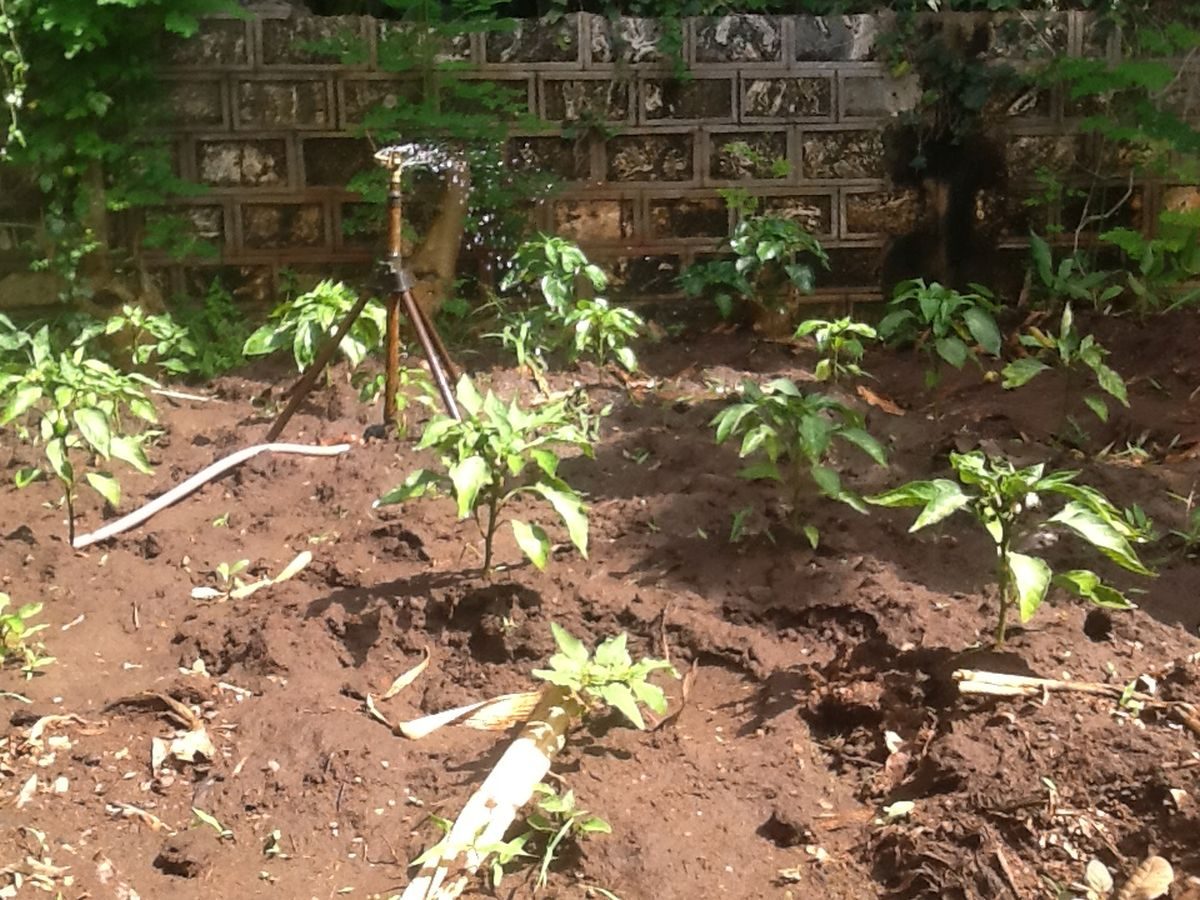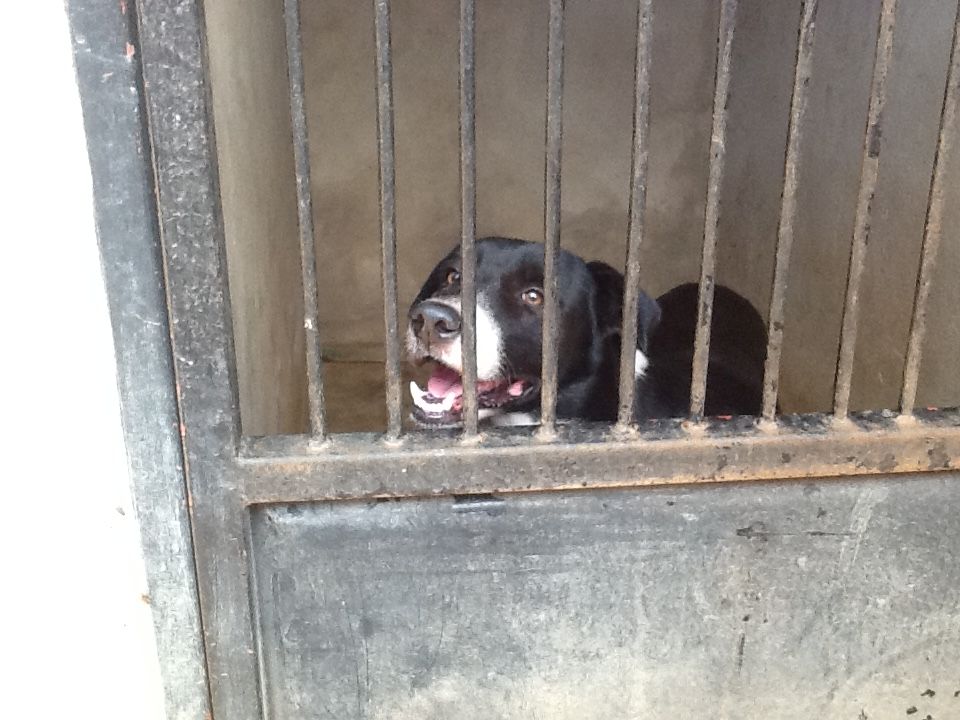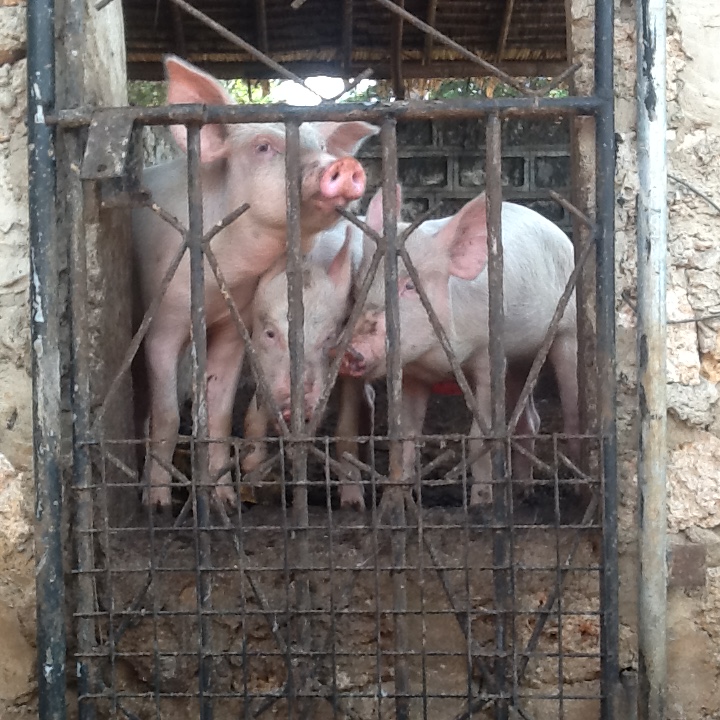REGIONAL BALLGAMES AT BURHANI SPORTS CLUB MOMBASA

BURHANI SPORTS CLUB
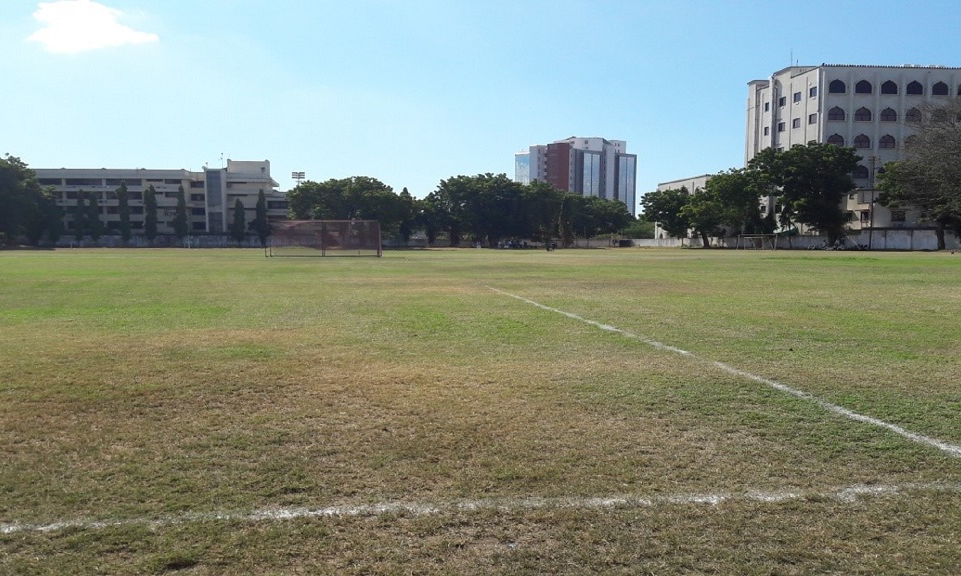
We only managed to take the leg ball girls at the regional level where we qualified as position two.
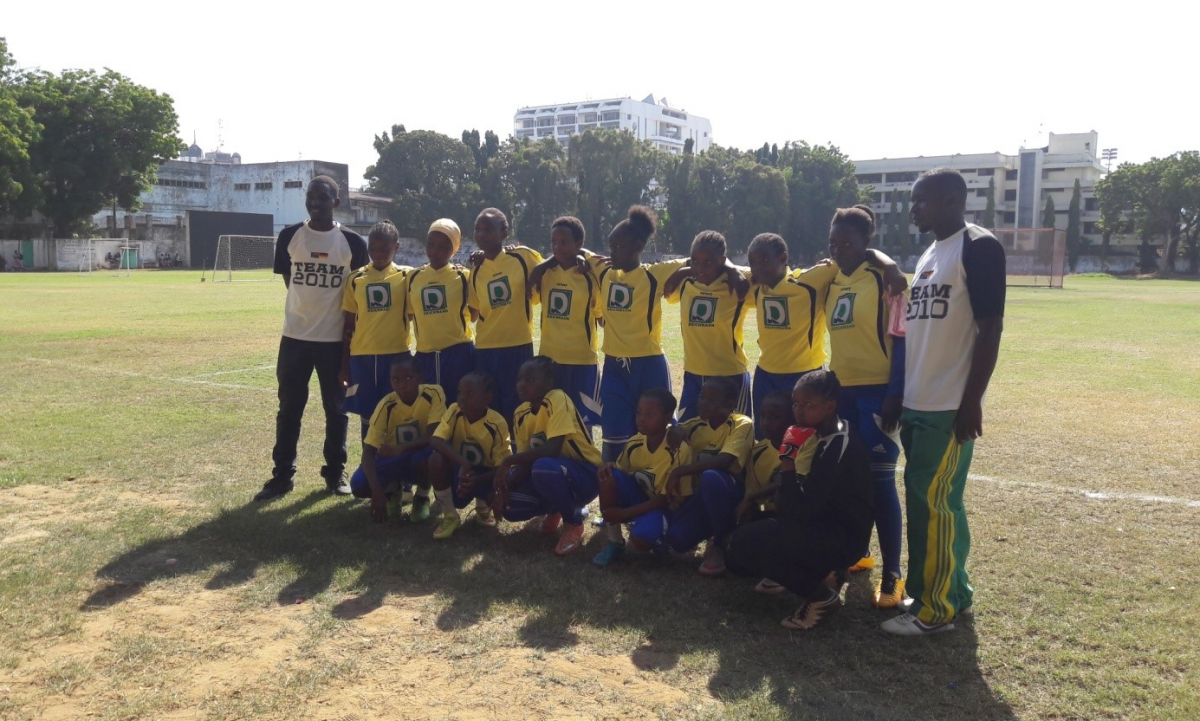
NICE VIEW GRATITUDE ACADEMY LEG BALL TEAM
We went early before the kick-offs. Our pool had only six teams which included Nice view, Tiwi Baptist, Rassul Academy, The Precious Academy, Little stars Academy and Elimu ya Kenya. Our first match was against Elimu ya Kenya where we won 1-0 despite losing a number of chances. Rasul had won their first match with four goals and had to top the pool. Nice view and Tiwi Baptist had also won their matches 1-0 respectively.
In order to have four teams in the semis, we had to get the best loser which was done through post match penalties between Elimu ya Kenya and Precious Academy where Elimu ya Kenya won.
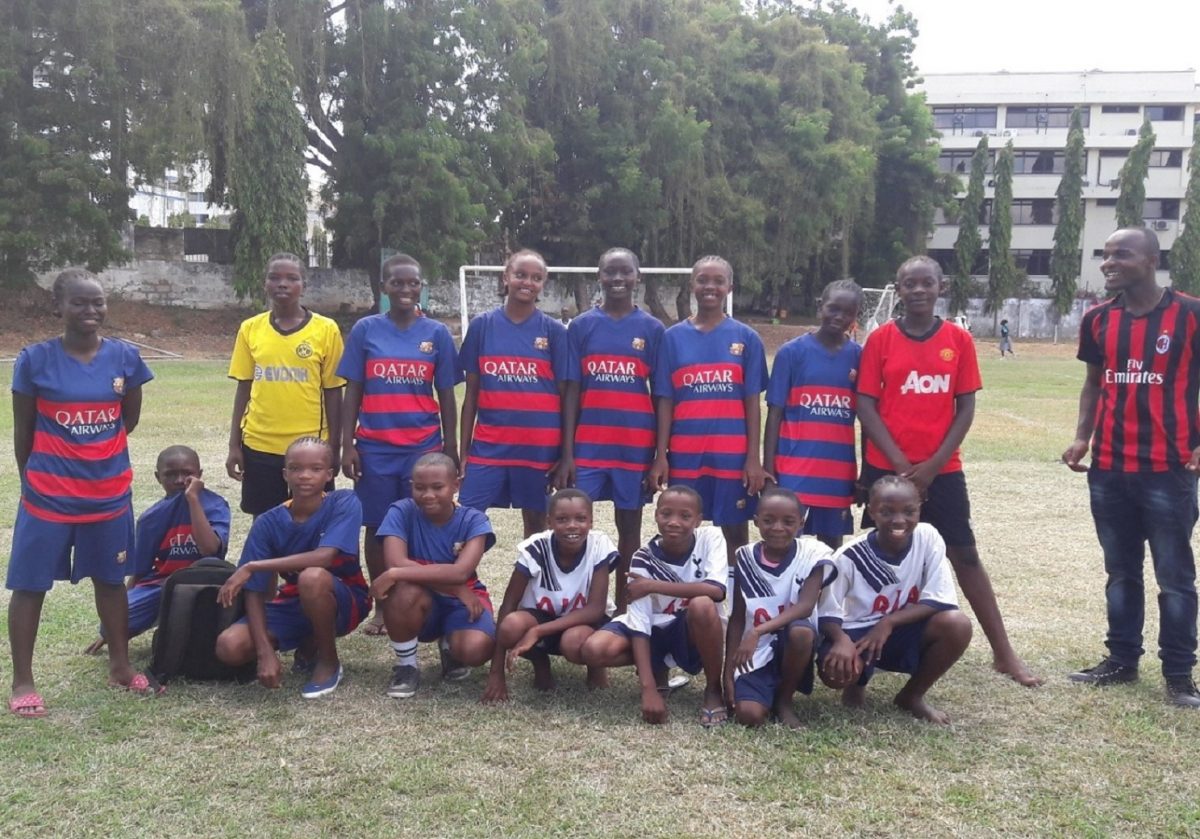
TIWI BAPTIST ACADEMY LEG BALL TEAM
Tiwi Baptist played their first semi final against Rasul whom they thrashed 3-0 thus getting into the finals.
The second semi final was between nice view and Elimu ya Kenya where Nice view.
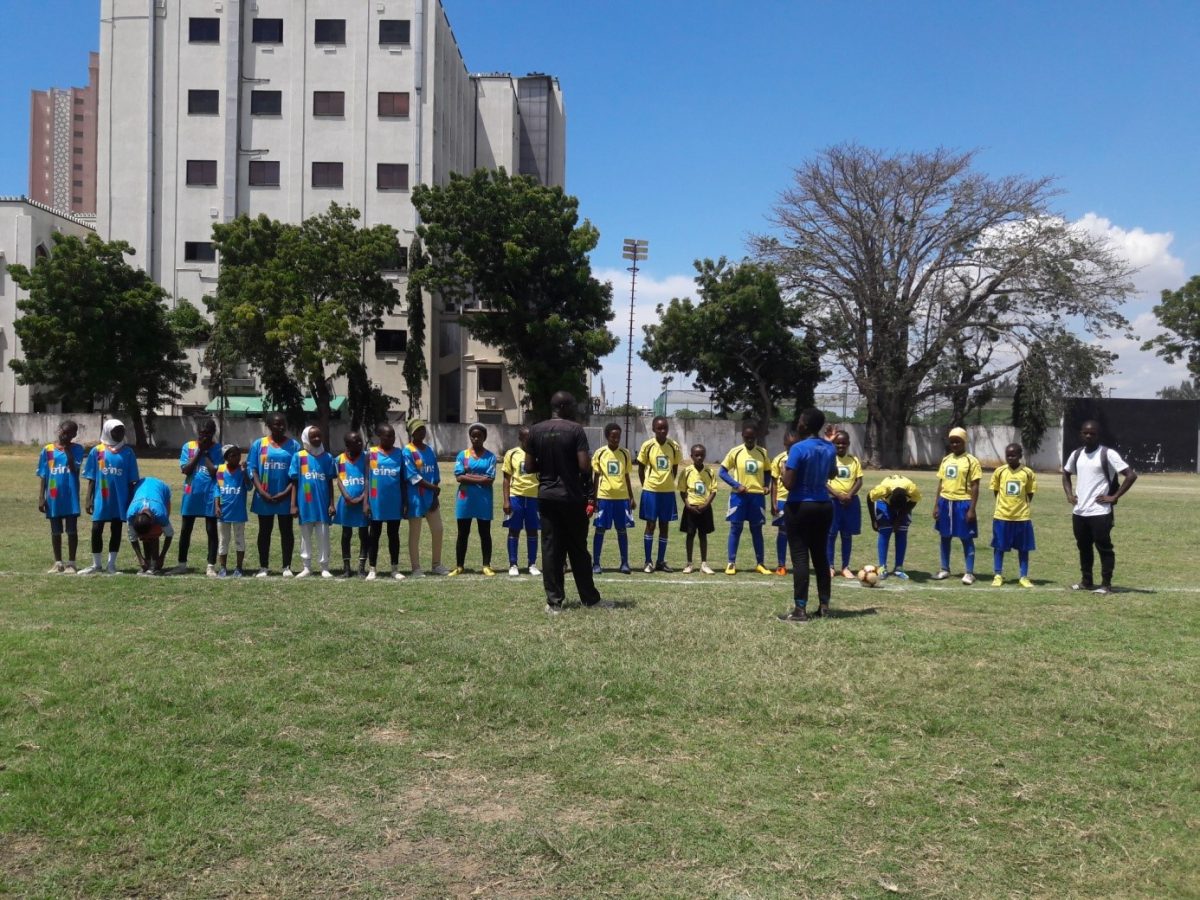
NICE VIEW VS ELIMU YA KENYA
NICE VIEW WON 1-0
Nice then had to meet Tiwi Baptist in the finals. In the finals, the match ended in a goalless draw and the winner had to be determined through penalty shootouts. Tiwi Baptist won the shootouts by 2-1. The two teams that met in the finals went directly to the National level which is to be held in Nairobi on 3rd to 6th of April at Juja preparatory and Corner broke Academy respectively.

NICE VIEW BEING AWARDED AS THE 2ND RUNNERS UP AS THE CAPTAIN AND THE TEAM COACH MR FELIX PICK THE AWARD
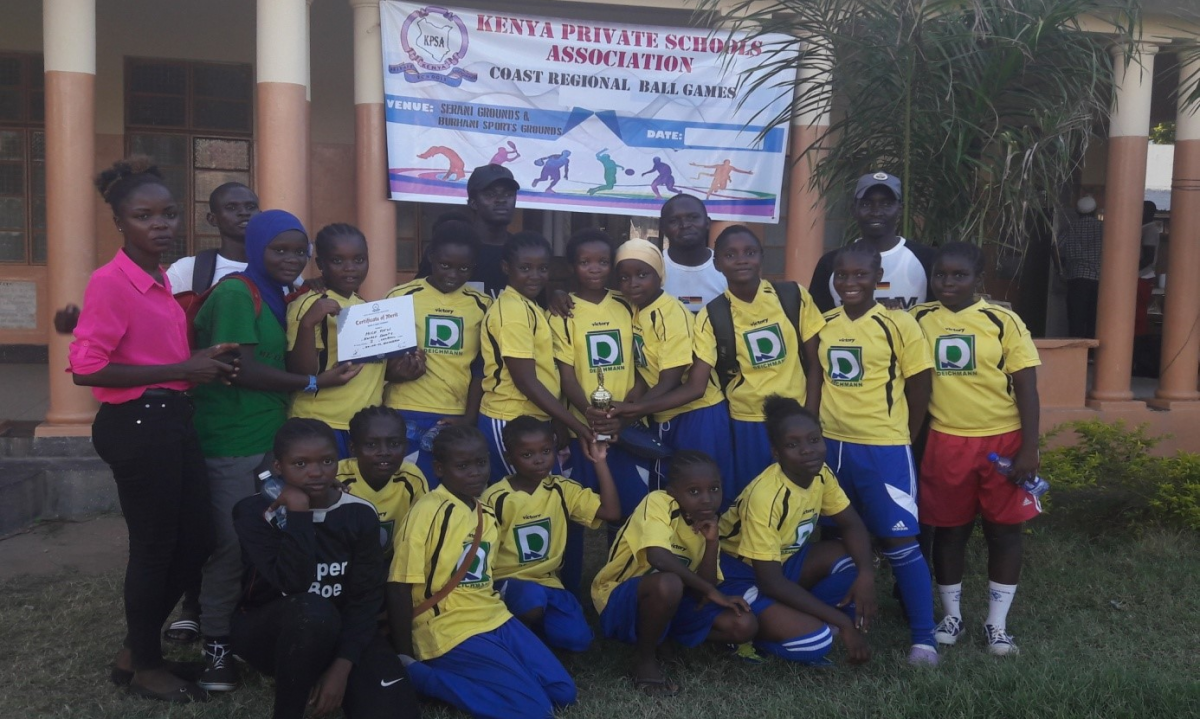
A GROUP PHOTO OF THE TEAM AFTER RECEIVING THE AWARDS
